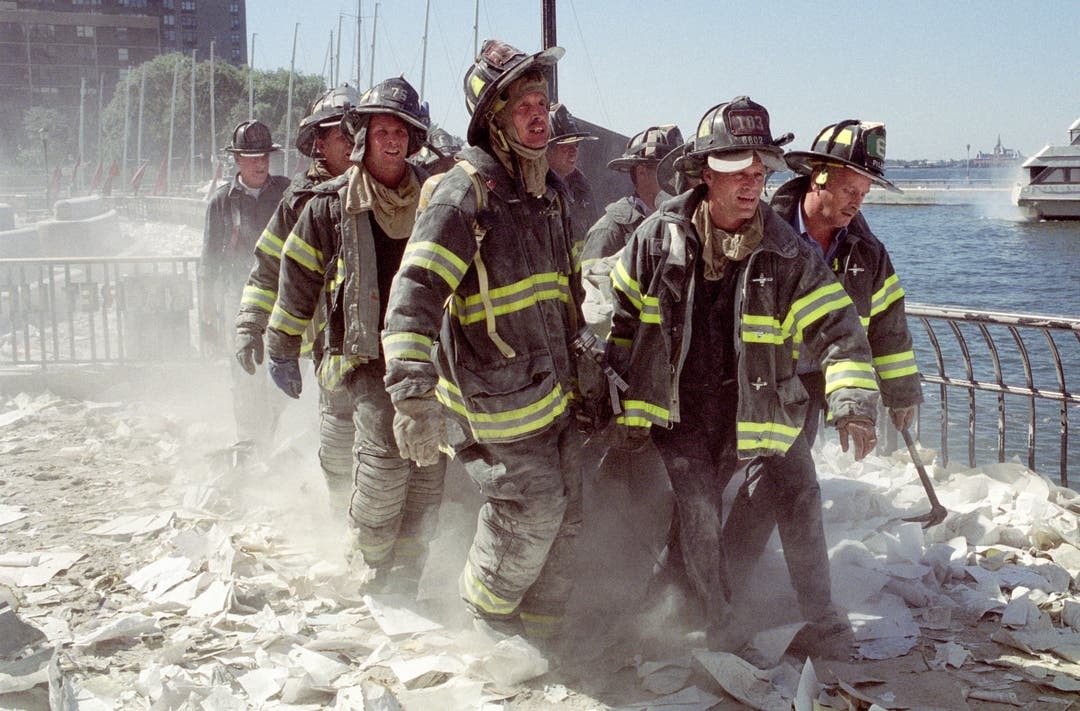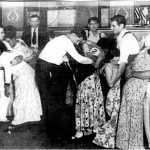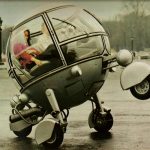On a clear, late summer morning on the East Coast, September 11, 2001, became a day that forever altered the course of history.
The nation was struck by an unprecedented act of terror as hijackers turned jet airliners into weapons, crashing them into the World Trade Center and the Pentagon. Another hijacked plane tragically went down in a field outside Shanksville, Pennsylvania.
In total, 2,977 innocent lives were lost in the attacks. New York City’s Mayor Rudy Giuliani solemnly stated just hours after the attacks, “The number of casualties will be more than any of us can bear—ultimately.”
The images from that fateful day and its aftermath tell a story of unimaginable loss. Below are some of the most powerful photographs that capture the events of September 11, 2001.
Where the 9/11 planes took off
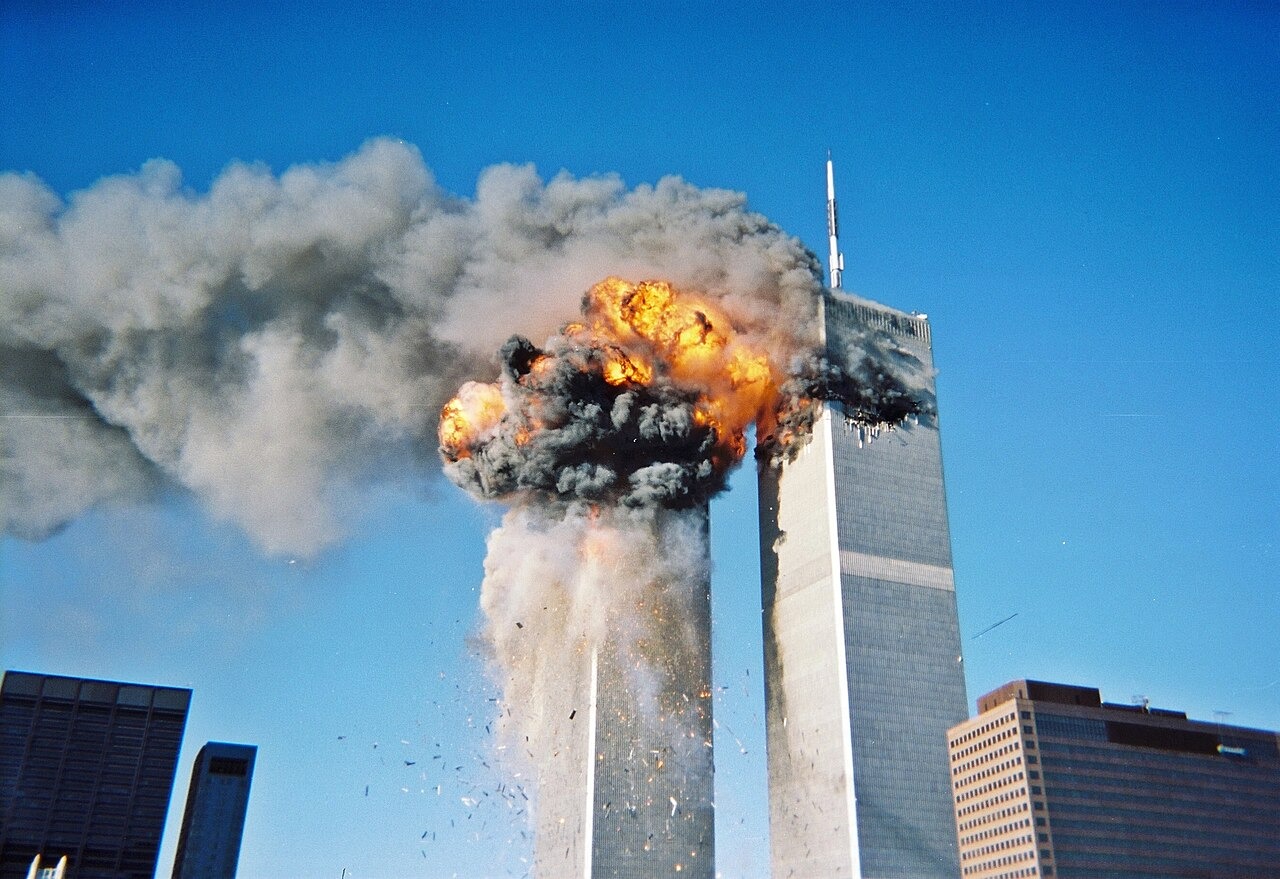
The attackers were Islamic terrorists from Saudi Arabia and other Arab nations, allegedly supported by the al Qaeda network led by Osama bin Laden.
Their motive was reportedly in response to America’s support of Israel, involvement in the Persian Gulf War, and ongoing military presence in the Middle East.
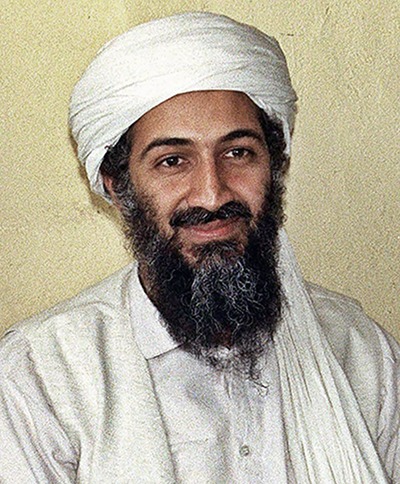
Some of the terrorists had lived in the United States for over a year, attending flight schools, while others had entered the country in the months leading up to the attack to provide physical force for the operation.
The 19 terrorists managed to smuggle box-cutters and knives through security at three major East Coast airports—Logan in Boston, Dulles in Washington, D.C., and Newark in New Jersey.
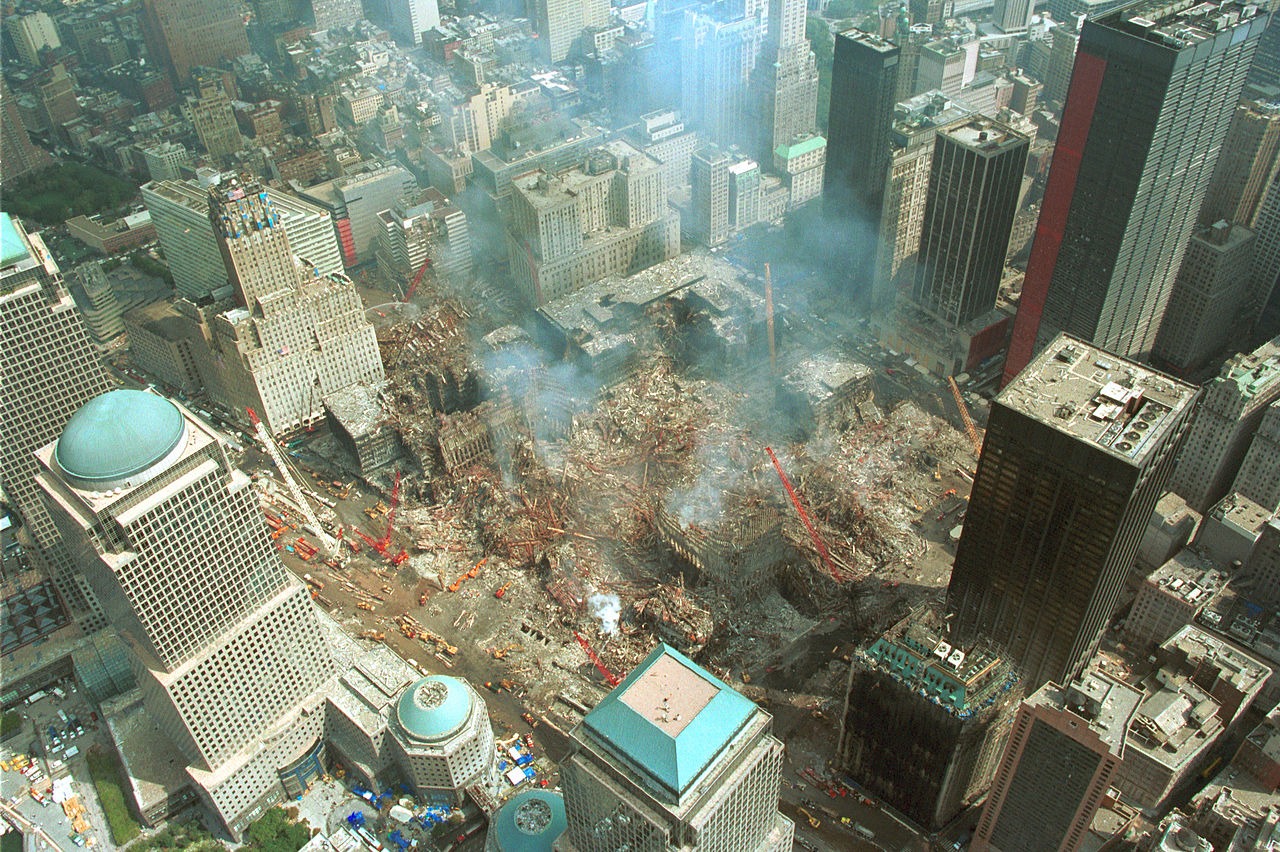
They boarded four flights bound for California, chosen because these long-haul routes meant the planes were heavily loaded with fuel.
After takeoff, the terrorists took control of the planes, turning them into deadly weapons aimed at America’s most iconic structures.
Attack on the World Trade Center
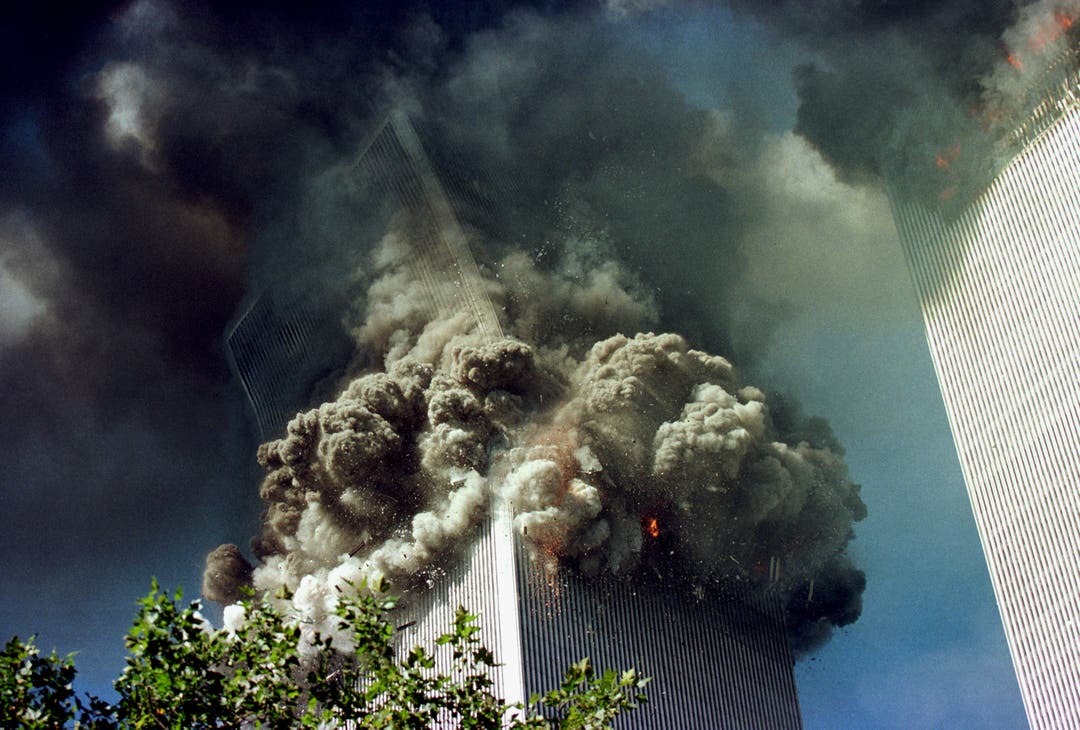
On the morning of September 11, 2001, at 8:45 a.m., an American Airlines Boeing 767, filled with 20,000 gallons of jet fuel, crashed into the north tower of New York City’s World Trade Center.
The collision created a massive, burning hole near the 93rd and 99th floors of the 110-story building. Hundreds of people were killed instantly, and many more were trapped on the floors above.
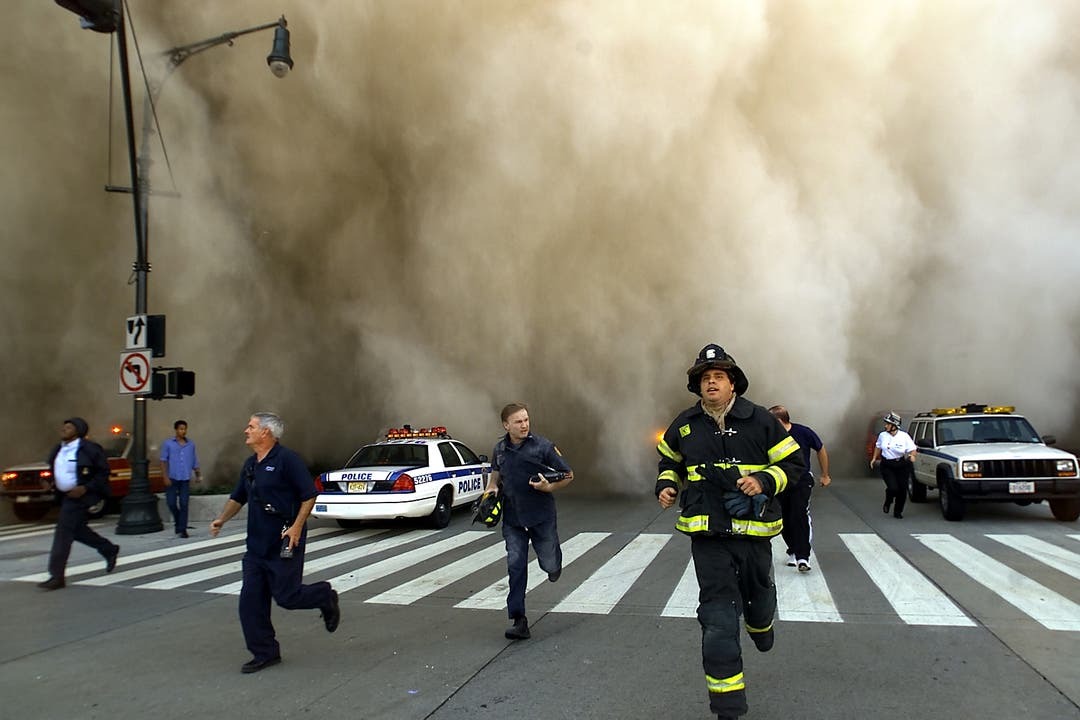
As the evacuation of the towers began, television stations broadcast live footage of what appeared to be a tragic accident.
However, just 18 minutes later, a second Boeing 767, United Airlines Flight 175, came into view. The plane made a sharp turn and crashed into the south tower between the 77th and 85th floors, causing a devastating explosion.
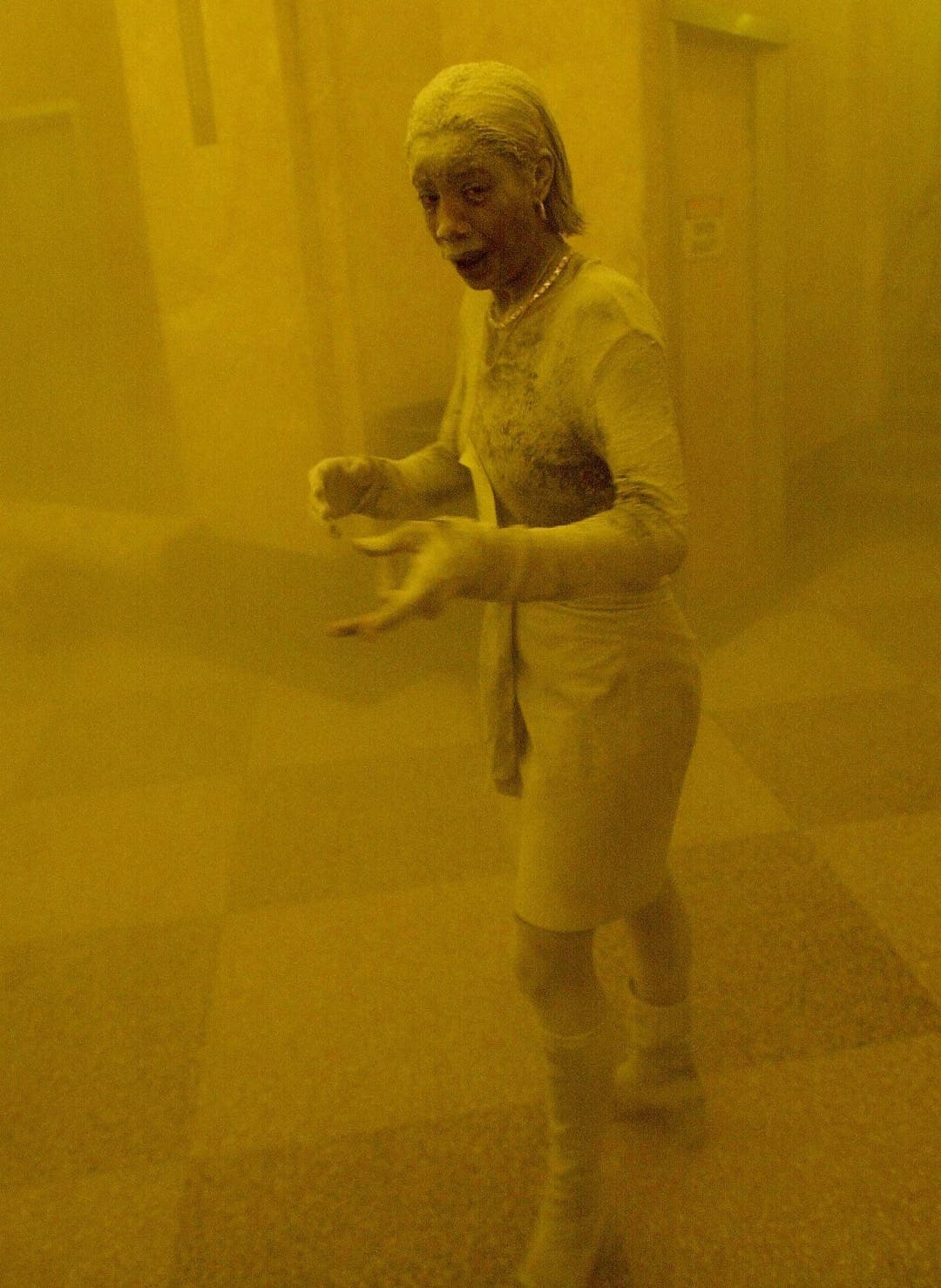
Burning debris rained down on the surrounding area, and it became evident that this was no accident—America was under attack.
Hit on the Pentagon
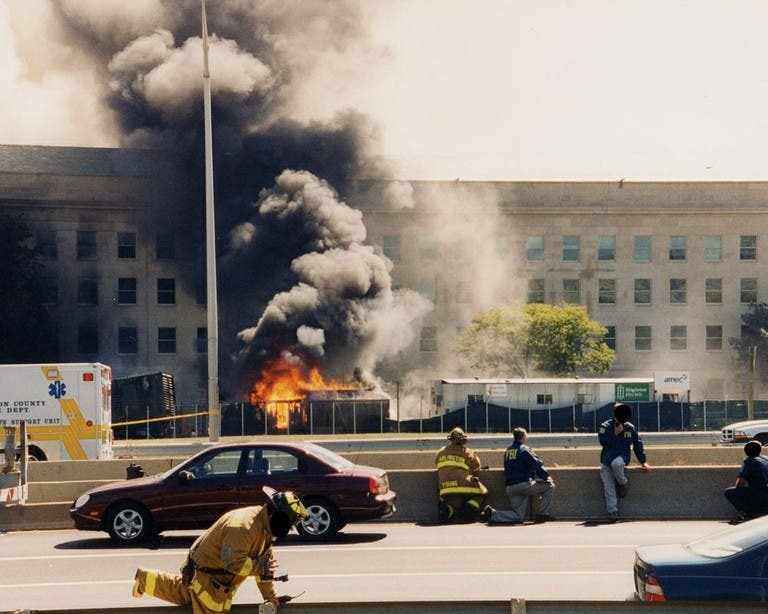
As the world watched in shock and disbelief, American Airlines Flight 77 made its deadly approach over downtown Washington, D.C., on the morning of September 11, 2001.
At precisely 9:45 a.m., the plane crashed into the west side of the Pentagon, the heart of the U.S. Department of Defense.
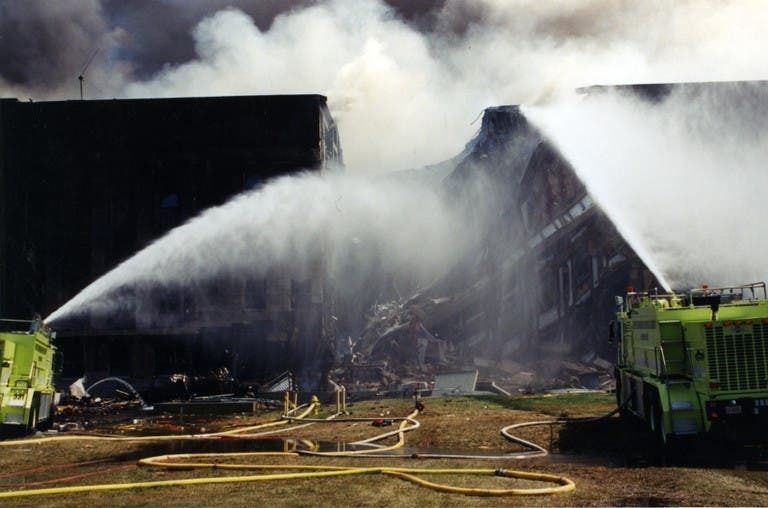
The impact unleashed a devastating inferno fueled by the jet fuel from the Boeing 757. The intense heat caused a portion of the Pentagon’s massive concrete structure to collapse, adding to the catastrophic damage.
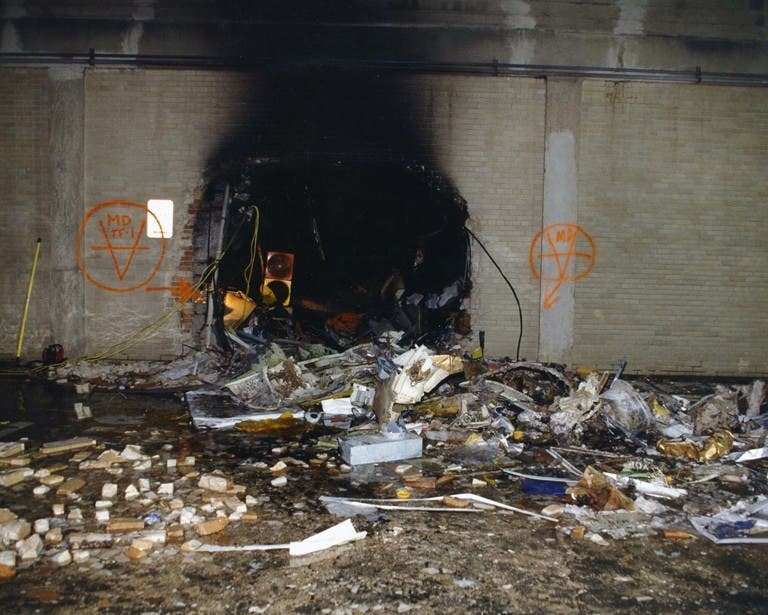
In the aftermath, it was confirmed that 125 military personnel and civilians inside the Pentagon perished, along with all 64 people aboard Flight 77. This tragic event left a lasting scar on the nation, marking one of the darkest days in American history.
The Twin Towers fall
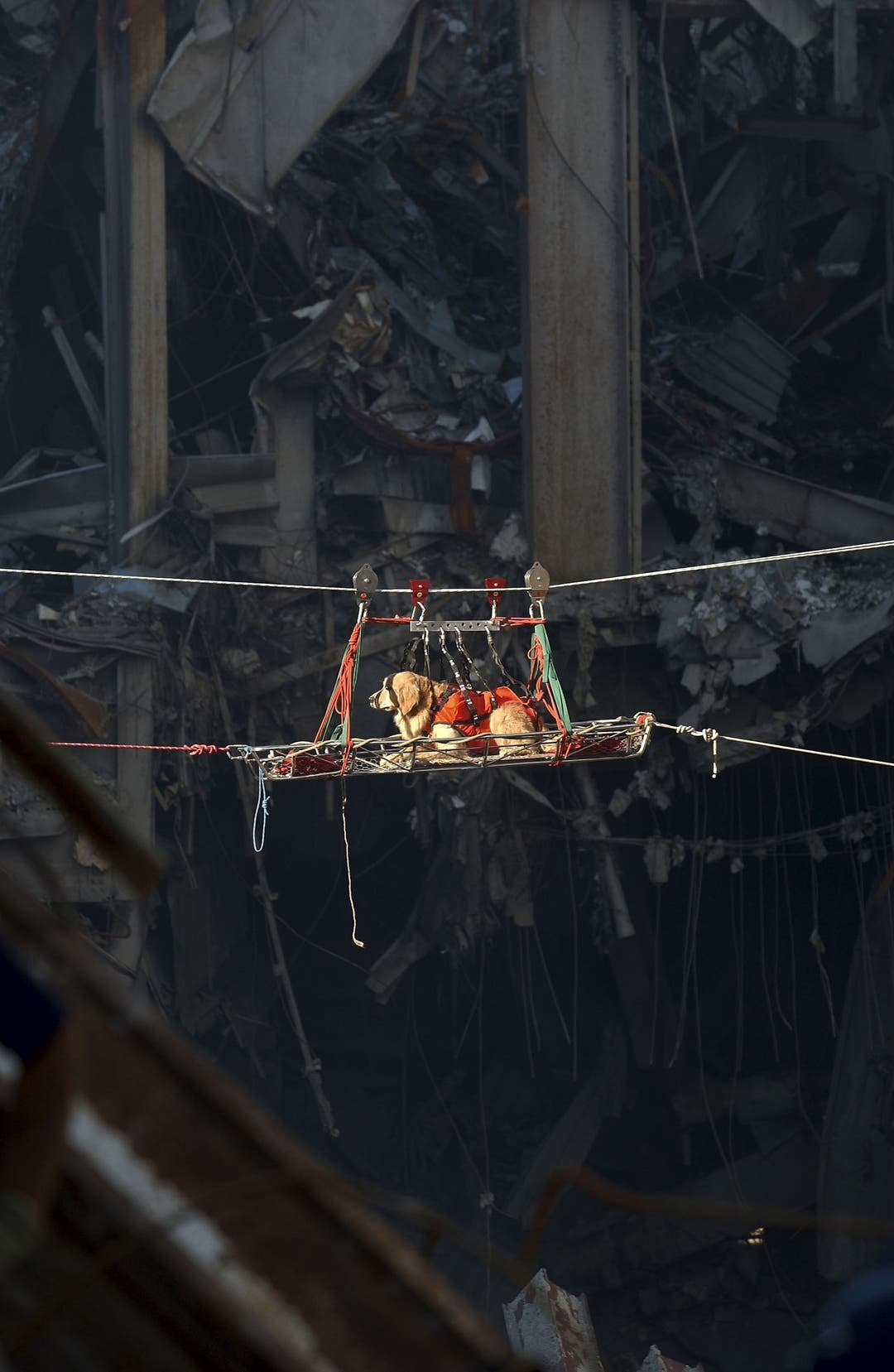
Less than 15 minutes after the attack on the Pentagon, another disaster struck in New York City. The south tower of the World Trade Center collapsed, sending a massive cloud of dust and smoke billowing into the sky.
The Twin Towers, engineered to withstand hurricane-force winds and intense fires, were no match for the extraordinary heat the burning jet fuel generated. The structural steel of the skyscrapers, despite their robust design, buckled under extreme conditions.
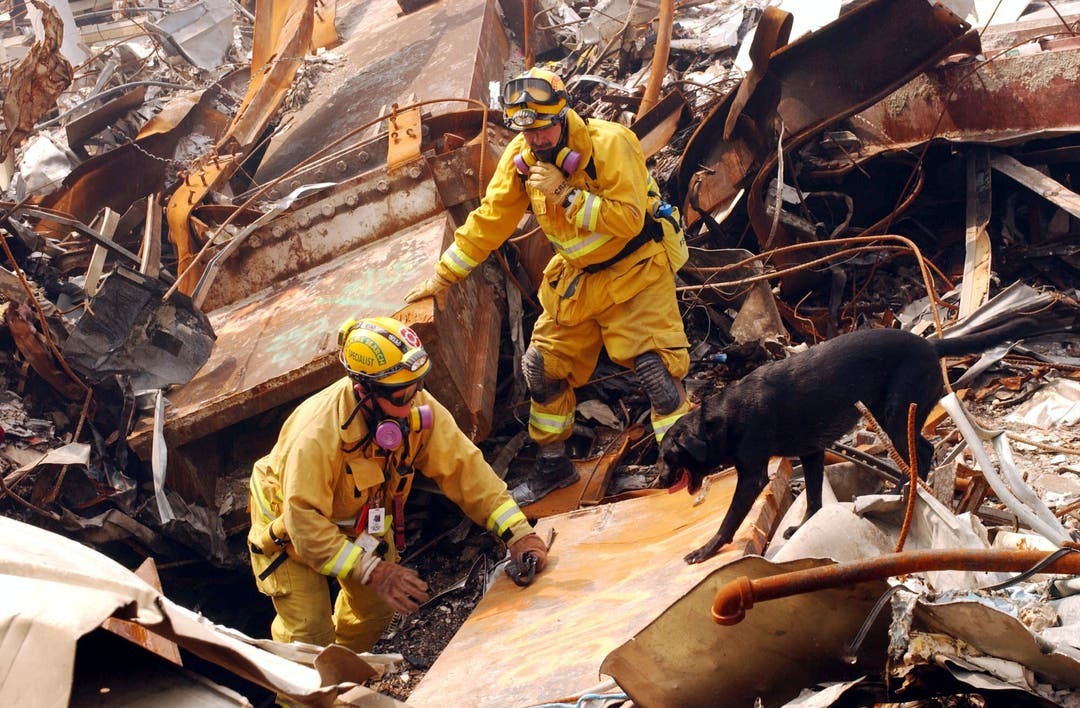
Just over half an hour later, at 10:30 a.m., the north tower also fell. Only 18 people inside survived. Most of these survivors were with a group of FDNY firefighters in the North Tower’s Stairwell B.
One woman miraculously survived as the stairs she was descending disintegrated beneath her. The tragedy left nearly 10,000 people injured, many with severe wounds.
The Flight 93
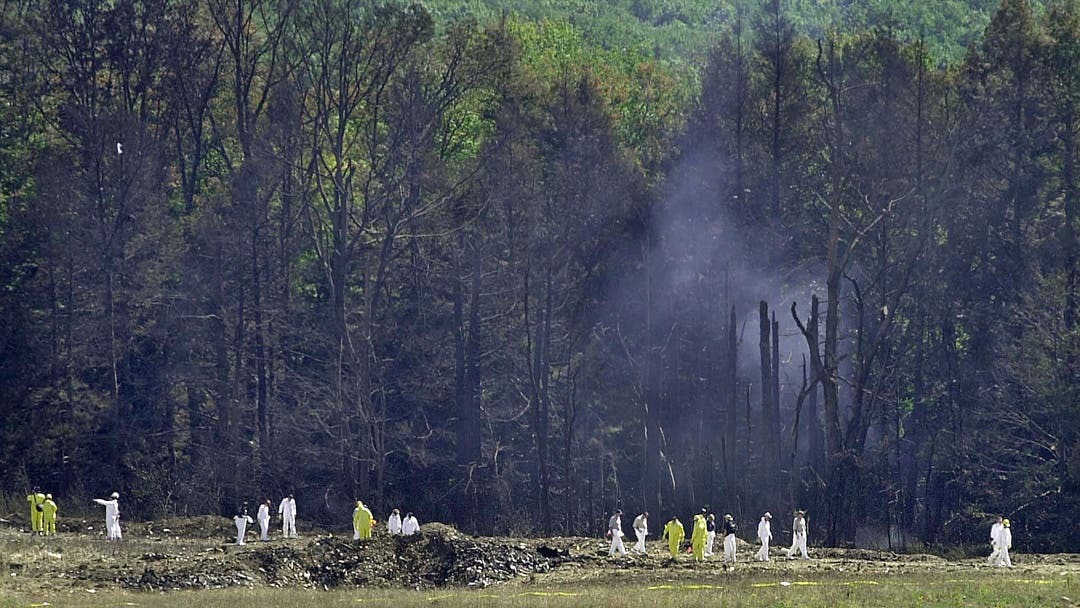
United Flight 93 was hijacked 40 minutes after leaving Newark on September 11, 2001. Passengers, aware of the earlier attacks, decided to fight back.
Thomas Burnett, Jr., called his wife, saying, “I know we’re all going to die. There’s three of us who are going to do something about it. I love you, honey.”
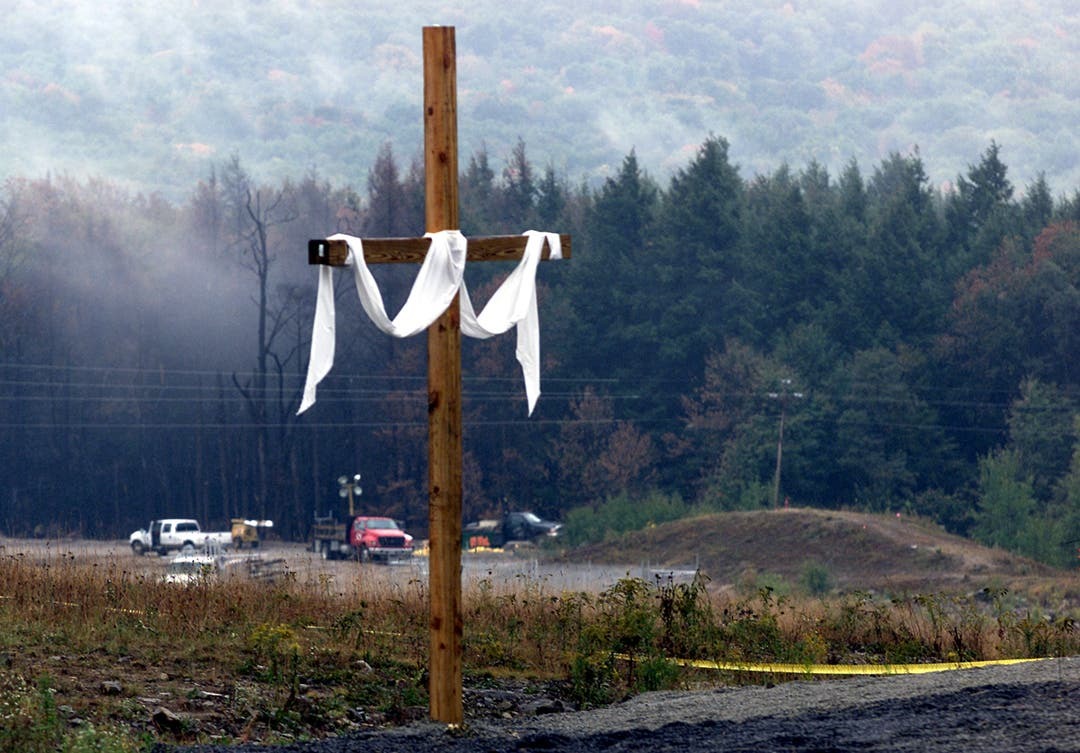
Todd Beamer famously rallied others with, “Are you guys ready? Let’s roll.”
Flight attendant Sandy Bradshaw prepared to join the fight, telling her husband, “Everyone’s running to first class. I’ve got to go. Bye.”
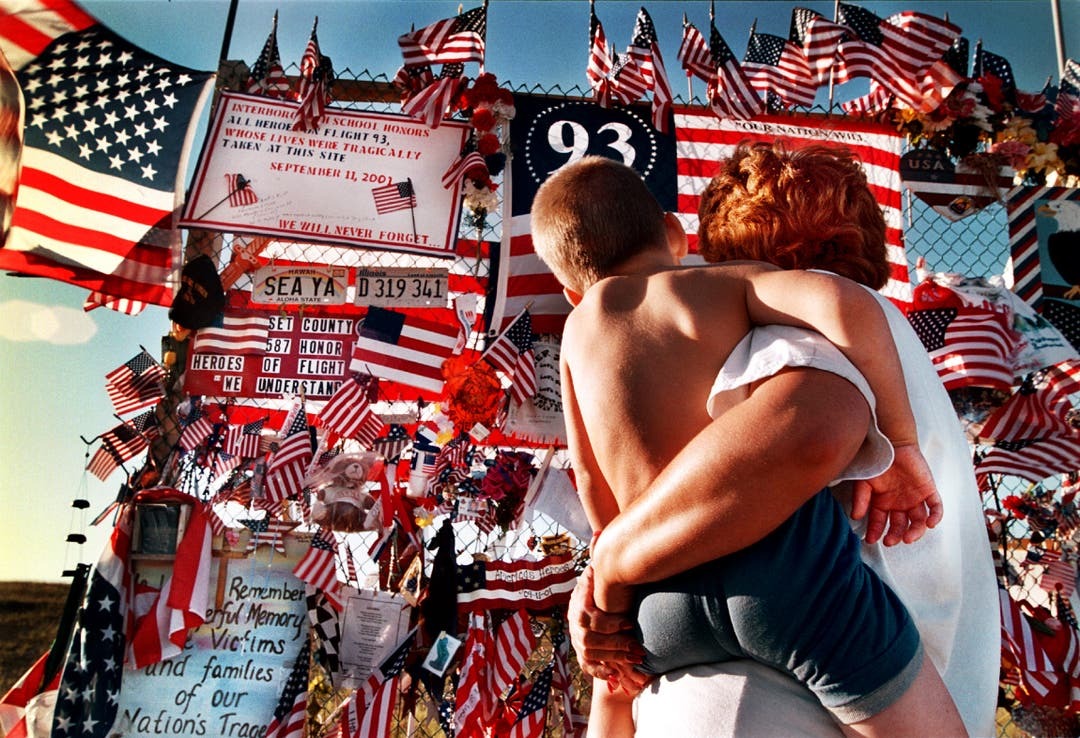
The passengers confronted the hijackers, leading the plane to crash in a Pennsylvania field at 10:10 a.m. All 44 aboard perished, but their bravery likely prevented an even greater tragedy.
The plane’s target remains a mystery, with speculation ranging from the White House to nuclear power plants.
The human toll of 9/11
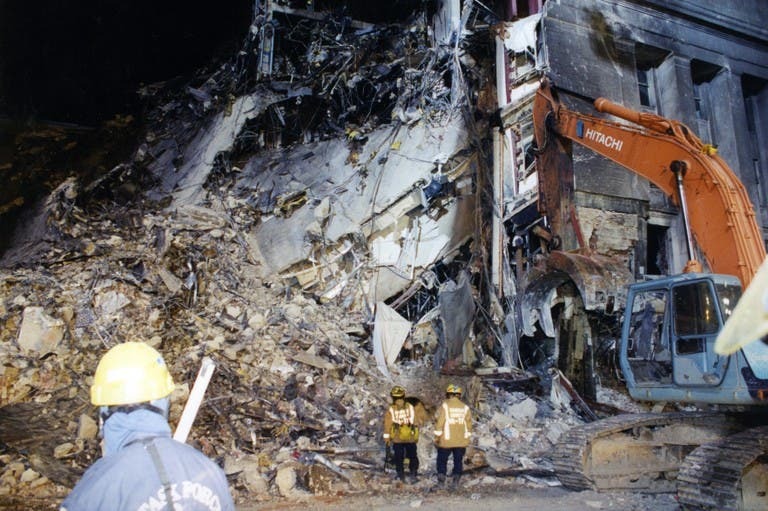
The September 11 attacks claimed the lives of 2,996 people, including the 19 terrorists who hijacked four planes. Victims came from 78 different countries, making it a global tragedy.
At the World Trade Center, 2,763 people died when two planes crashed into the twin towers. Among them were 343 firefighters and paramedics, 23 New York City police officers, and 37 Port Authority police officers.
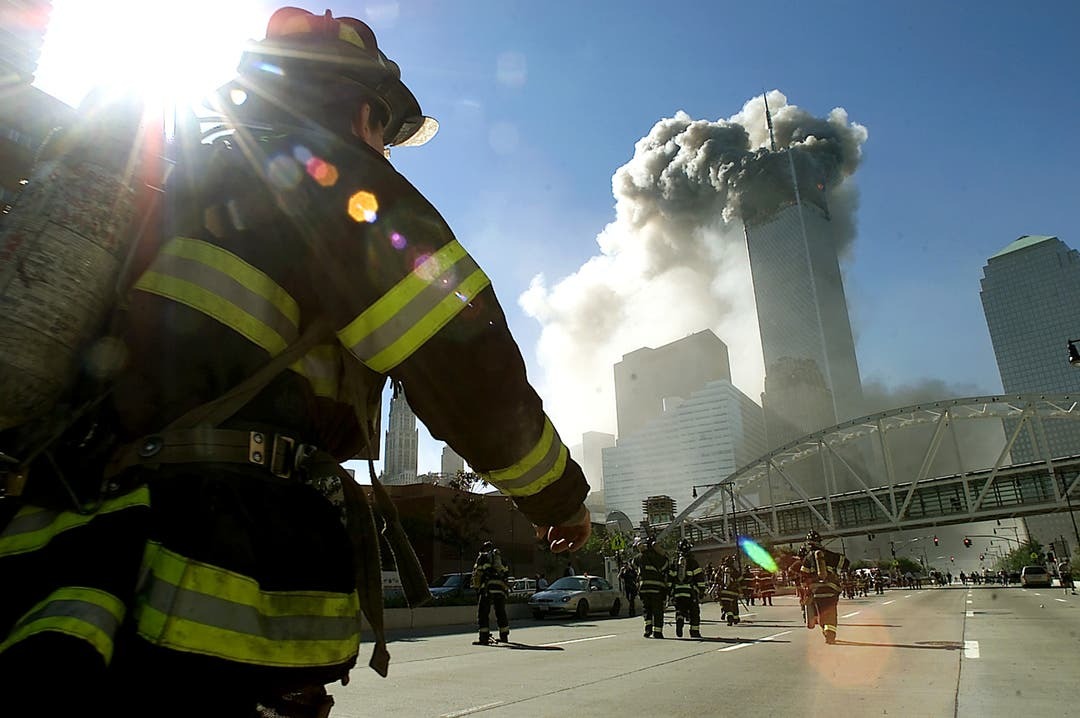
These brave individuals were desperately trying to evacuate the buildings and save those trapped on the upper floors.
In Washington, D.C., 189 people lost their lives at the Pentagon, including 64 passengers aboard American Airlines Flight 77, which struck the building. On United Flight 93, 44 people perished when the plane crashed into a field in Pennsylvania.
America’s response to 9/11
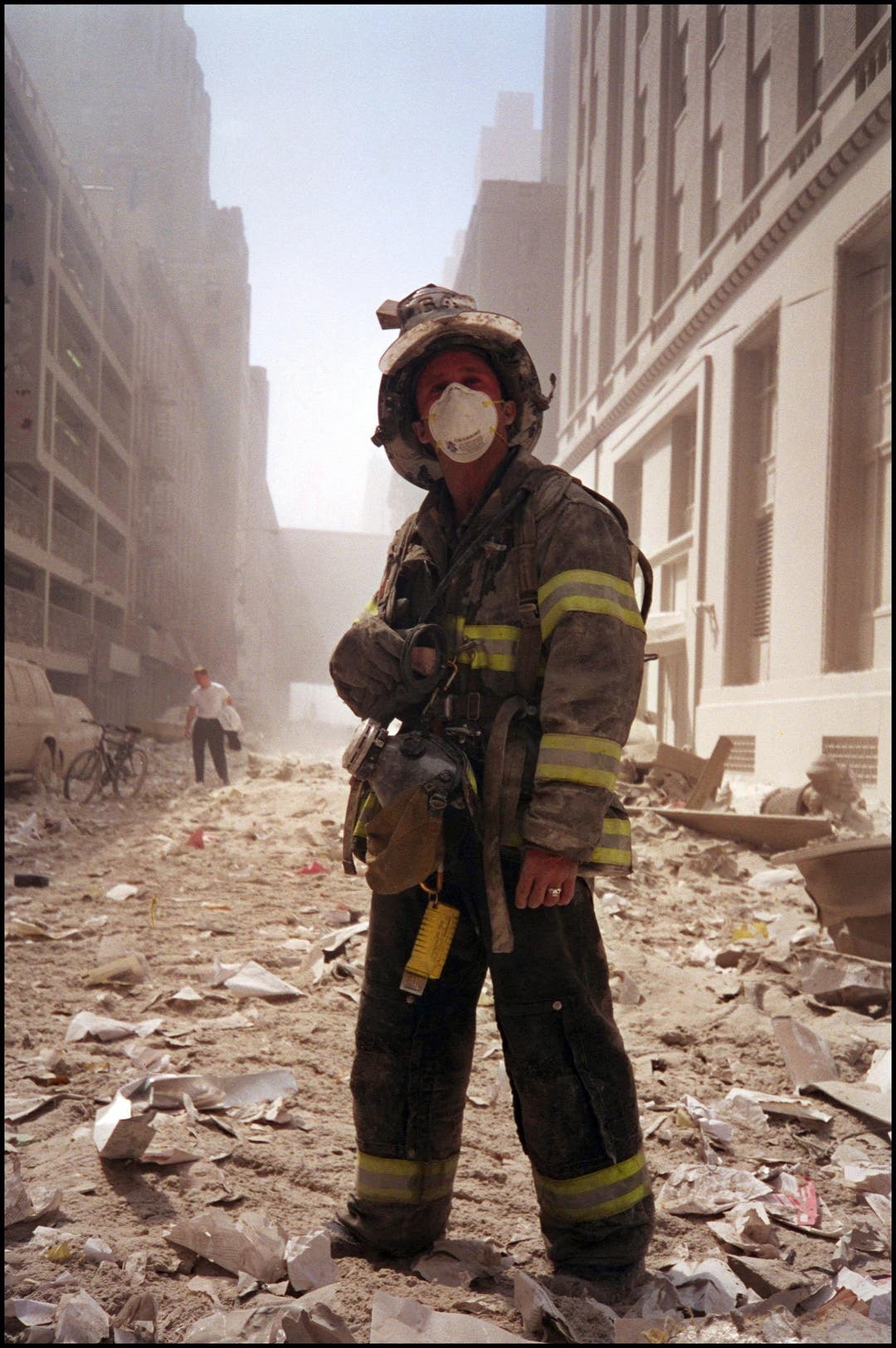
At 9 p.m. on September 11, 2001, President George W. Bush addressed the nation from the Oval Office, stating,
“Terrorist attacks can shake the foundations of our biggest buildings, but they cannot touch the foundation of America. These acts shatter steel, but they cannot dent the steel of American resolve.”
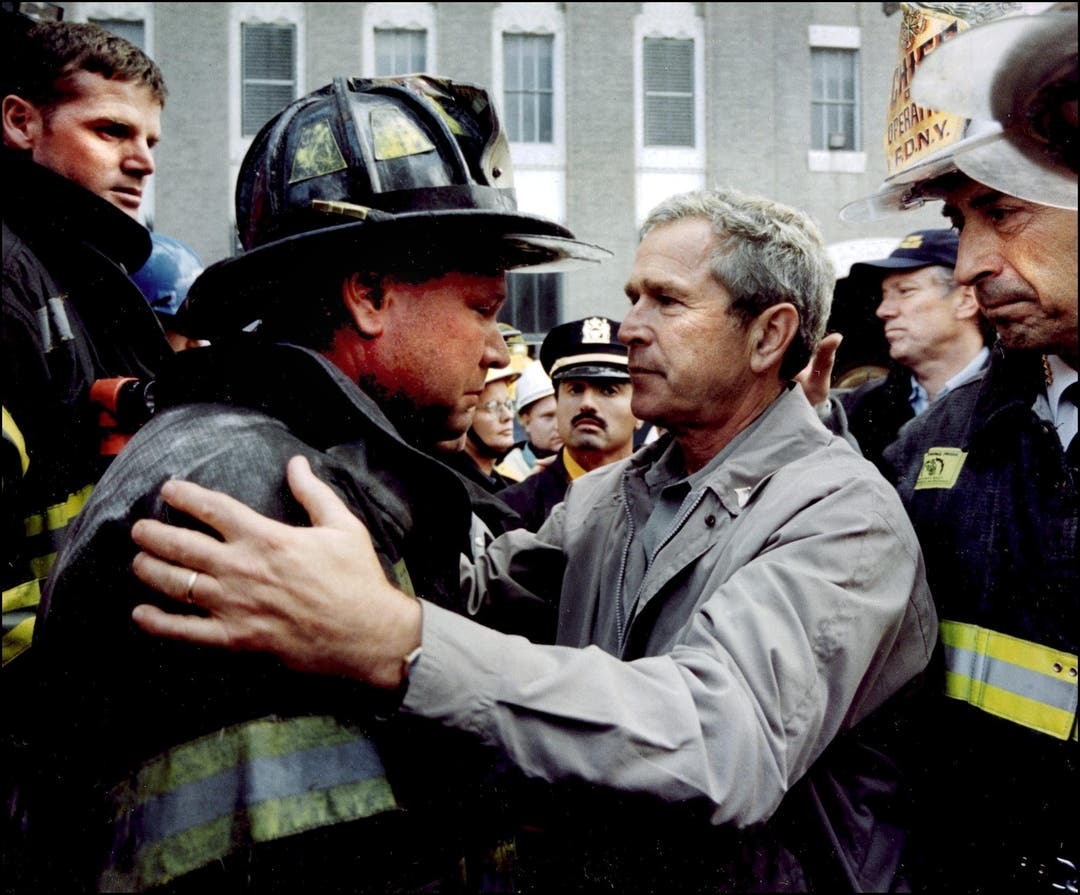
He also made it clear that the U.S. would respond decisively, declaring, “We will make no distinction between the terrorists who committed these acts and those who harbor them.”
On October 7, the U.S. launched Operation Enduring Freedom, aiming to remove the Taliban from power in Afghanistan and dismantle Osama bin Laden’s terrorist network.
Within two months, U.S. forces had effectively ousted the Taliban, but the conflict continued as efforts to defeat a Taliban insurgency persisted.
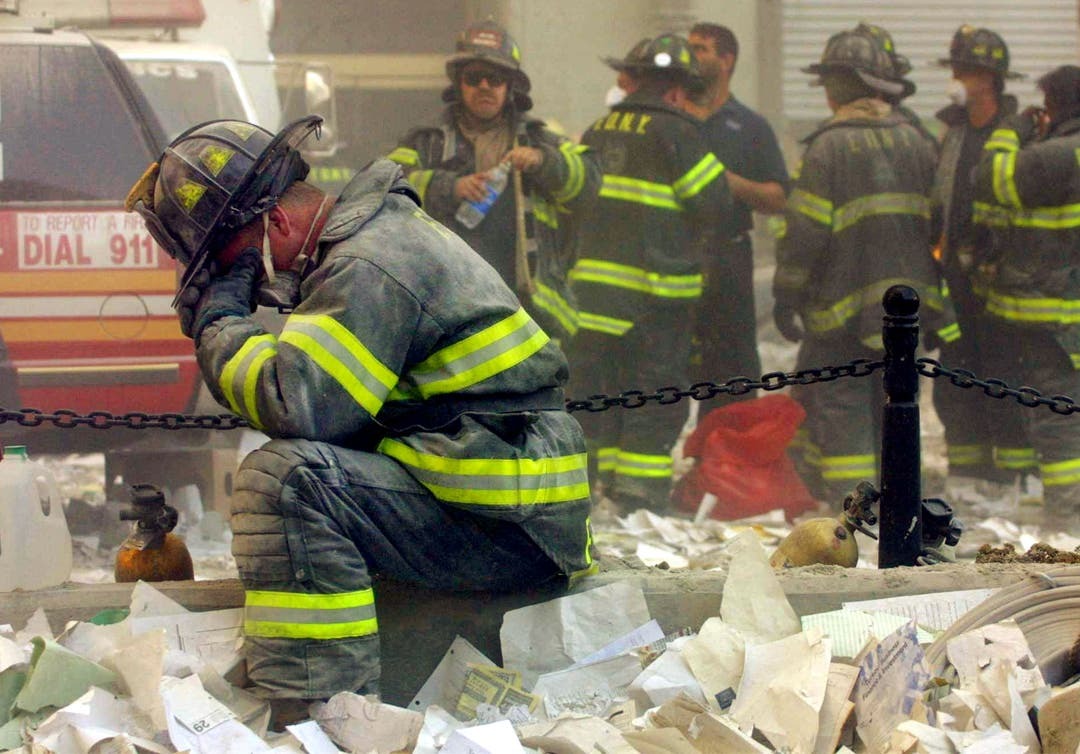
Osama bin Laden evaded capture until May 2, 2011, when U.S. forces located and killed him in Abbottabad, Pakistan.
The U.S. began withdrawing troops from Afghanistan in June 2011, with the final withdrawal completed in August 2021, marking the end of the longest war in American history.
The impact of 9/11
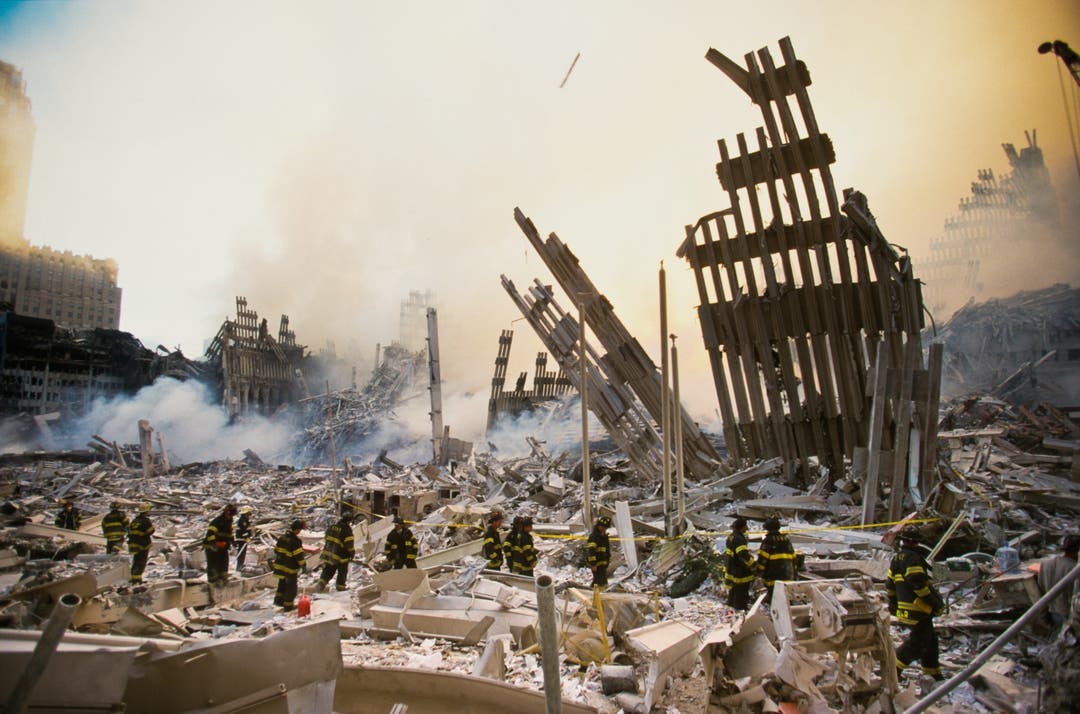
The 9/11 attacks had a massive impact on the U.S. economy and the lives of countless individuals. Wall Street closed during the attacks, and the market dropped 7.1 percent when it reopened.
New York City alone lost 143,000 jobs and $2.8 billion in wages, with finance and air travel hit hardest. The World Trade Center’s damage was estimated at $60 billion, and cleaning up Ground Zero cost $750 million.
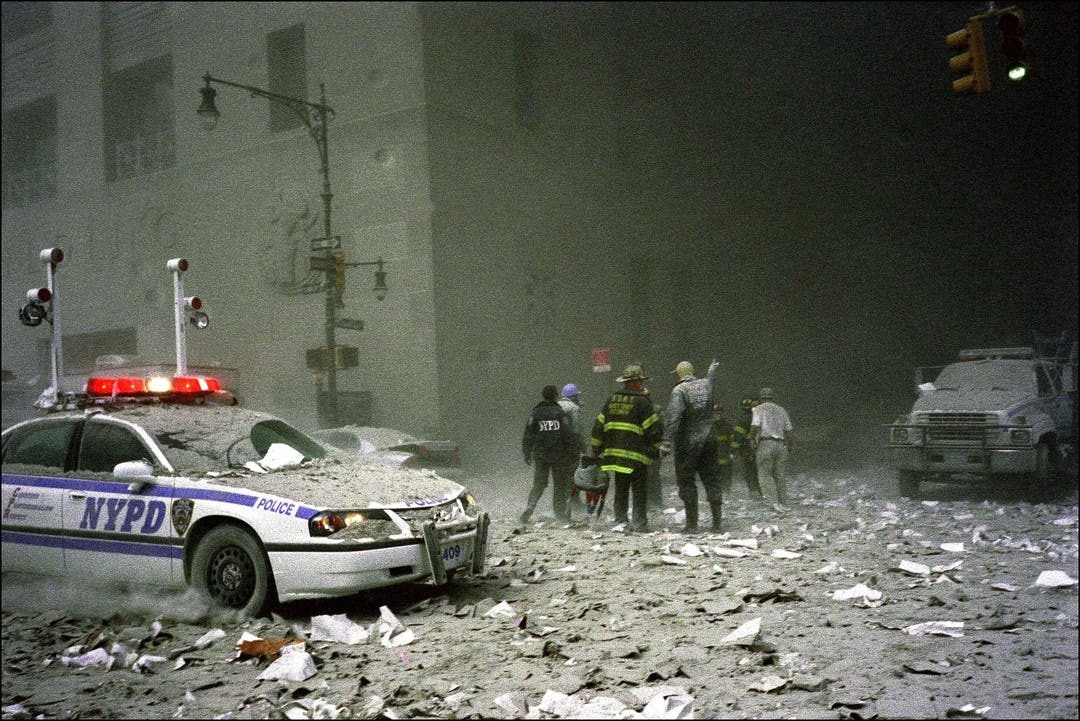
Health effects were severe, too. Many first responders and nearby residents were exposed to toxic fumes, leading to 10,000 cases of 9/11-related cancer by 2018.
Over $7 billion in compensation was given to victims’ families and the injured, with continued support through the James Zadroga Act and later extensions.
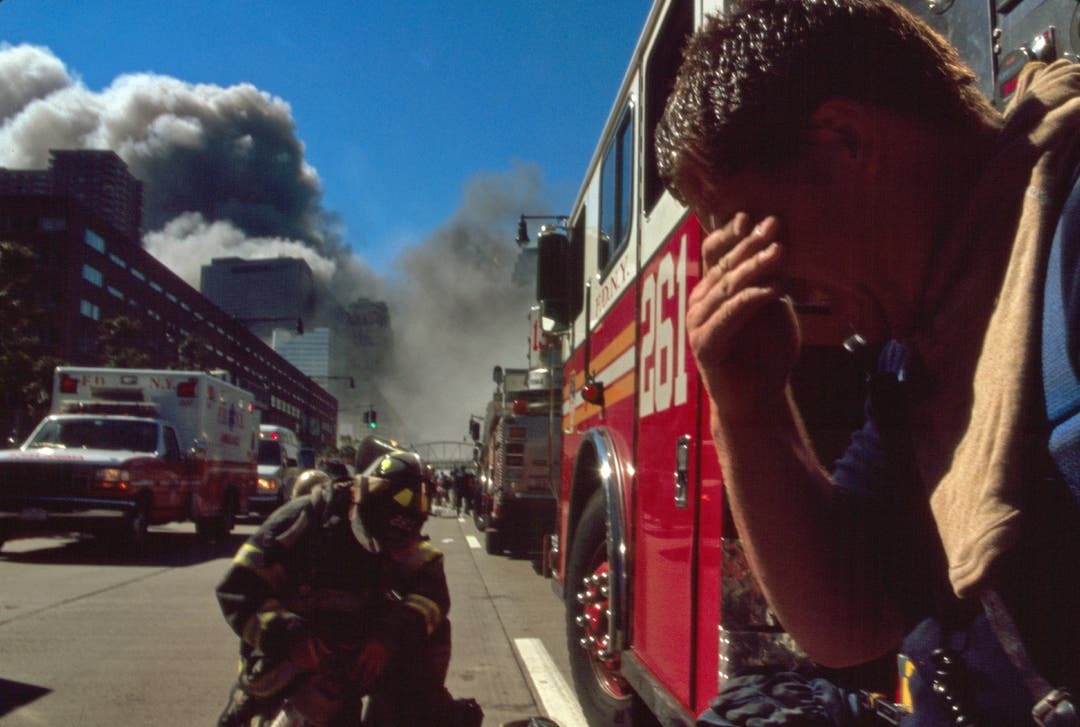
Memorials sprang up worldwide, with tributes like the “Tribute in Light,” two beams shining where the Twin Towers stood. The permanent memorial, “Reflecting Absence,” features two reflecting pools with victims’ names inscribed around them.
The site opened on September 11, 2011, followed by the 9/11 Museum and Freedom Tower in 2014, honoring those lost and the resilience of a nation.
The 9/11 attacks in harrowing pictures
1. United Airlines Flight 175 strikes South Tower
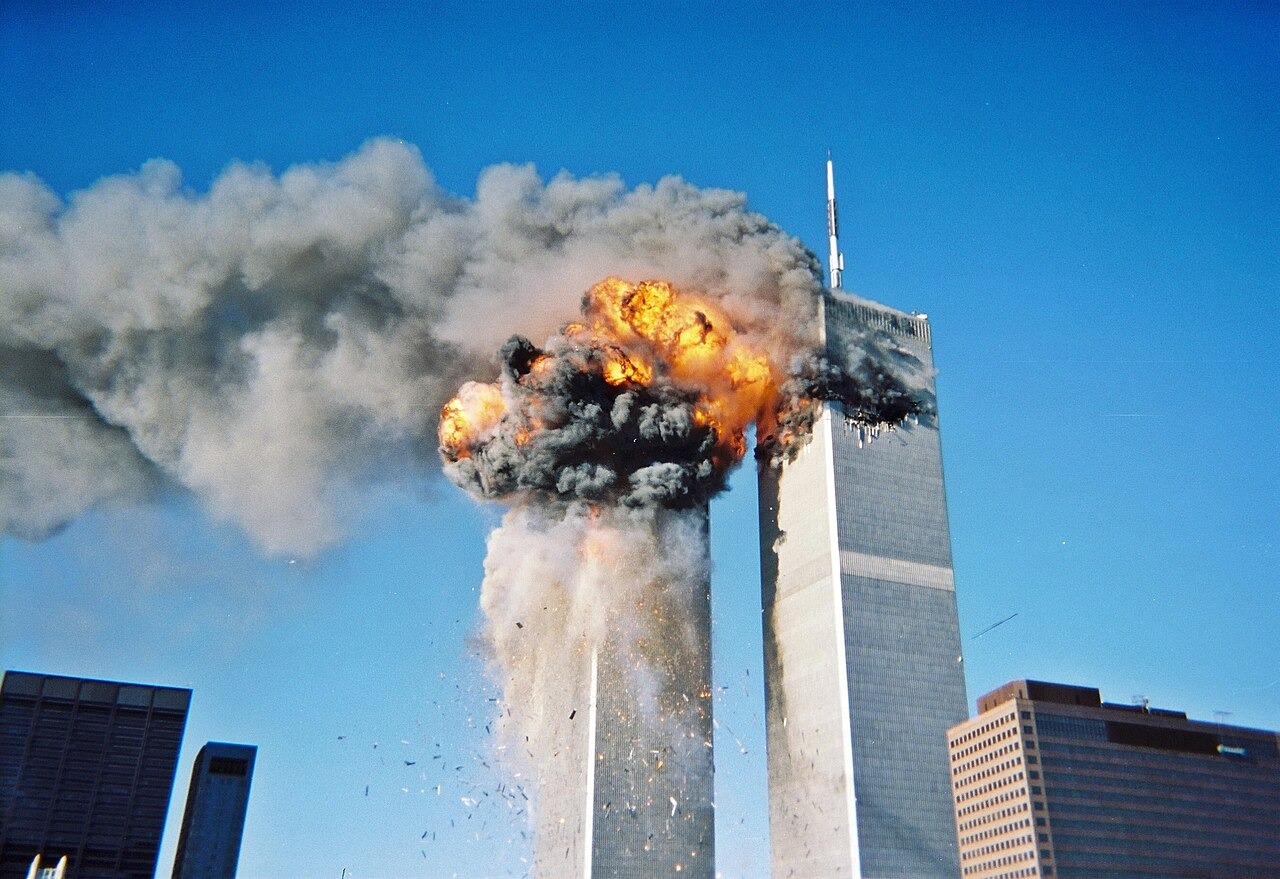
2. Airplane debris found at Flight 93 crash site
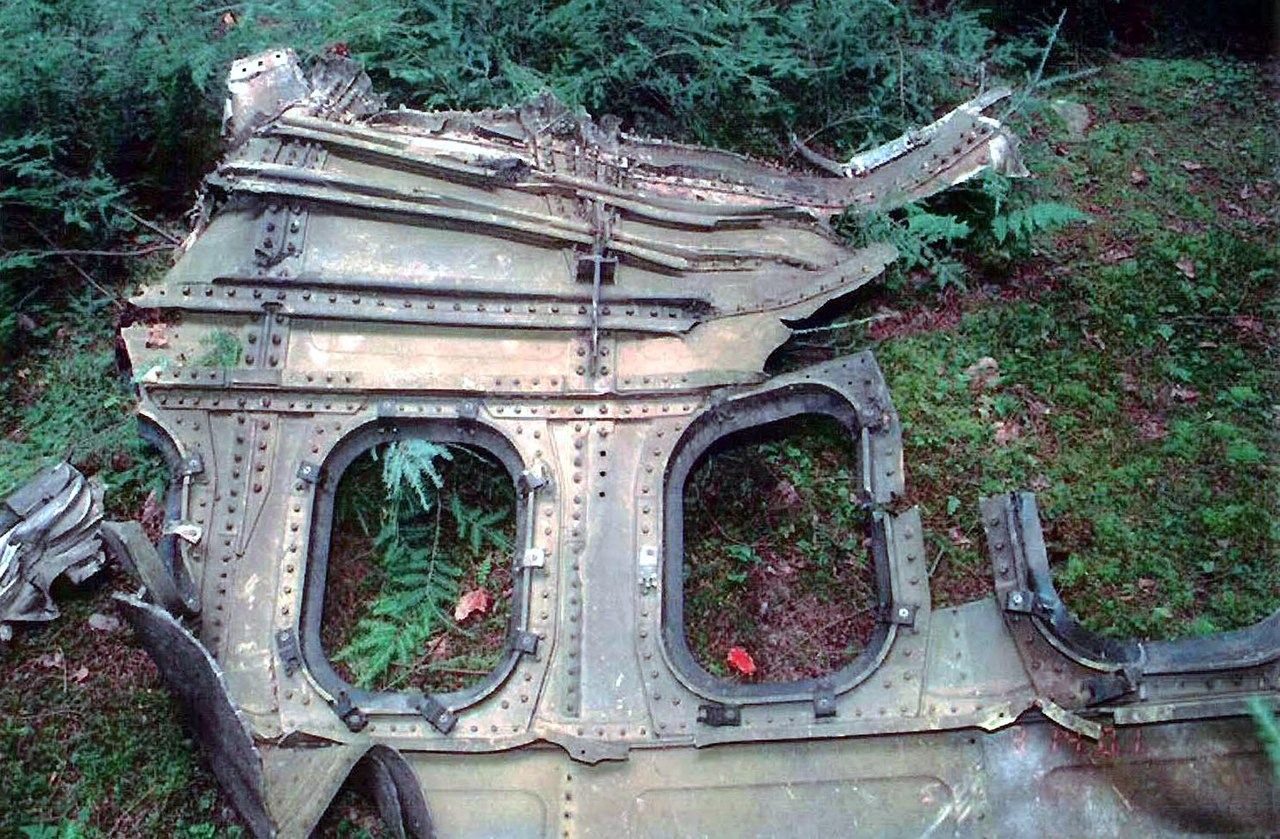
3. Aerial view of NYC Customhouse and area
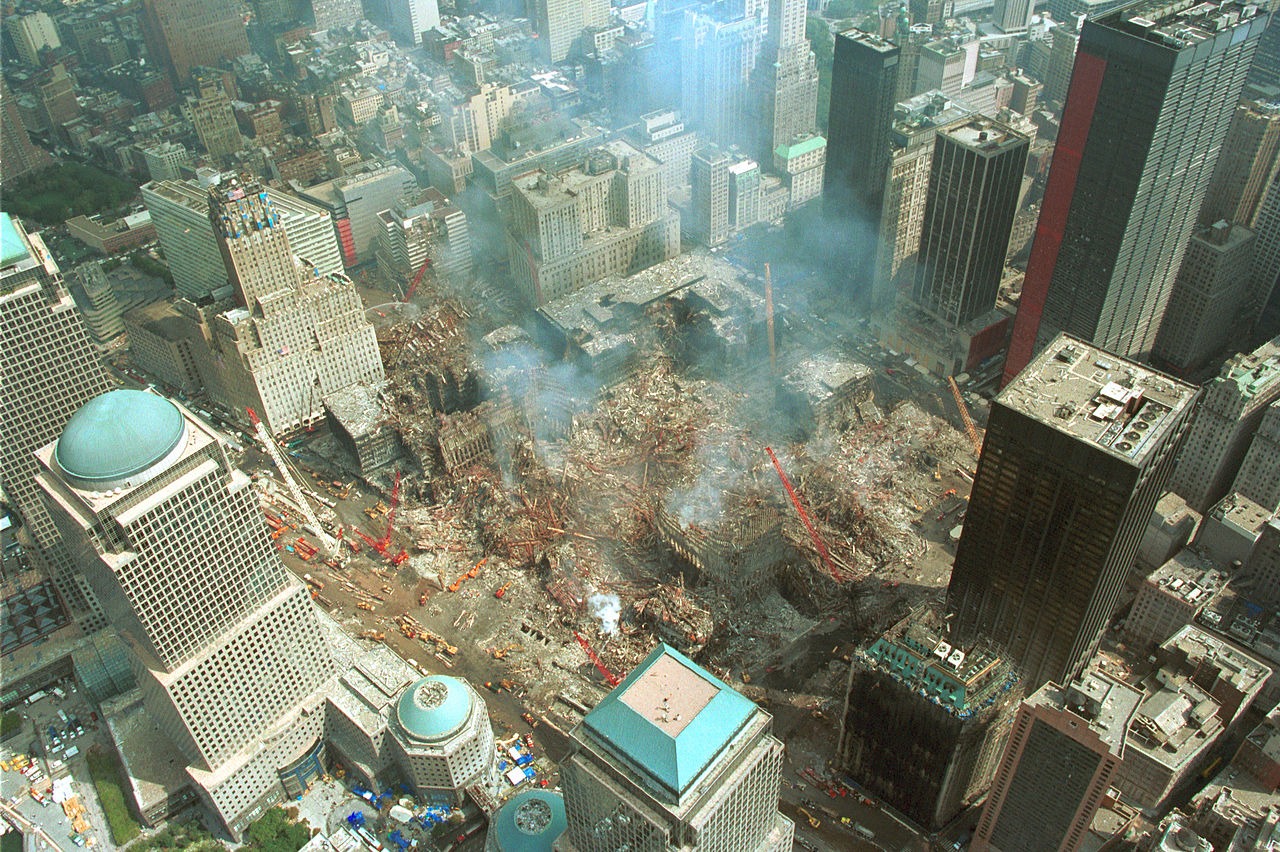
4. Pentagon ablaze
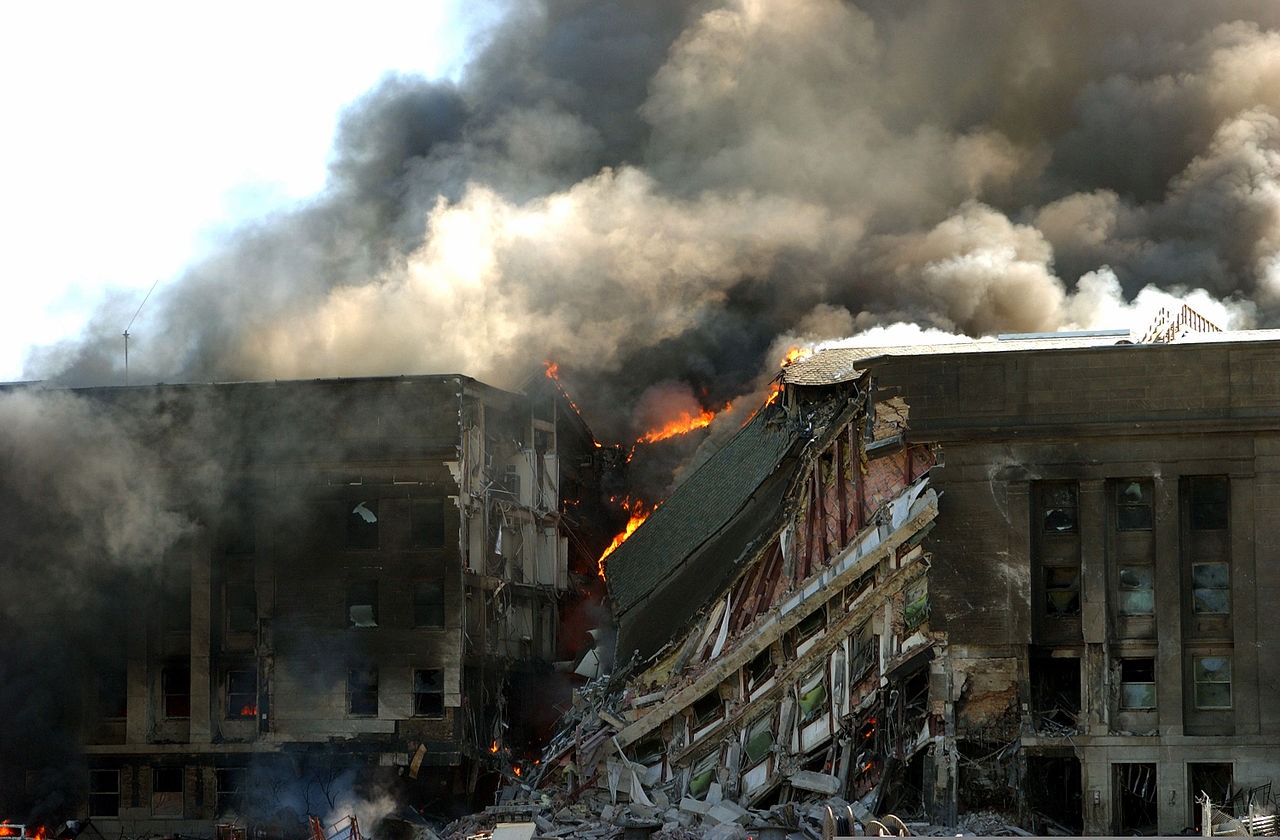
5. World Trade Center smoking on 9/11
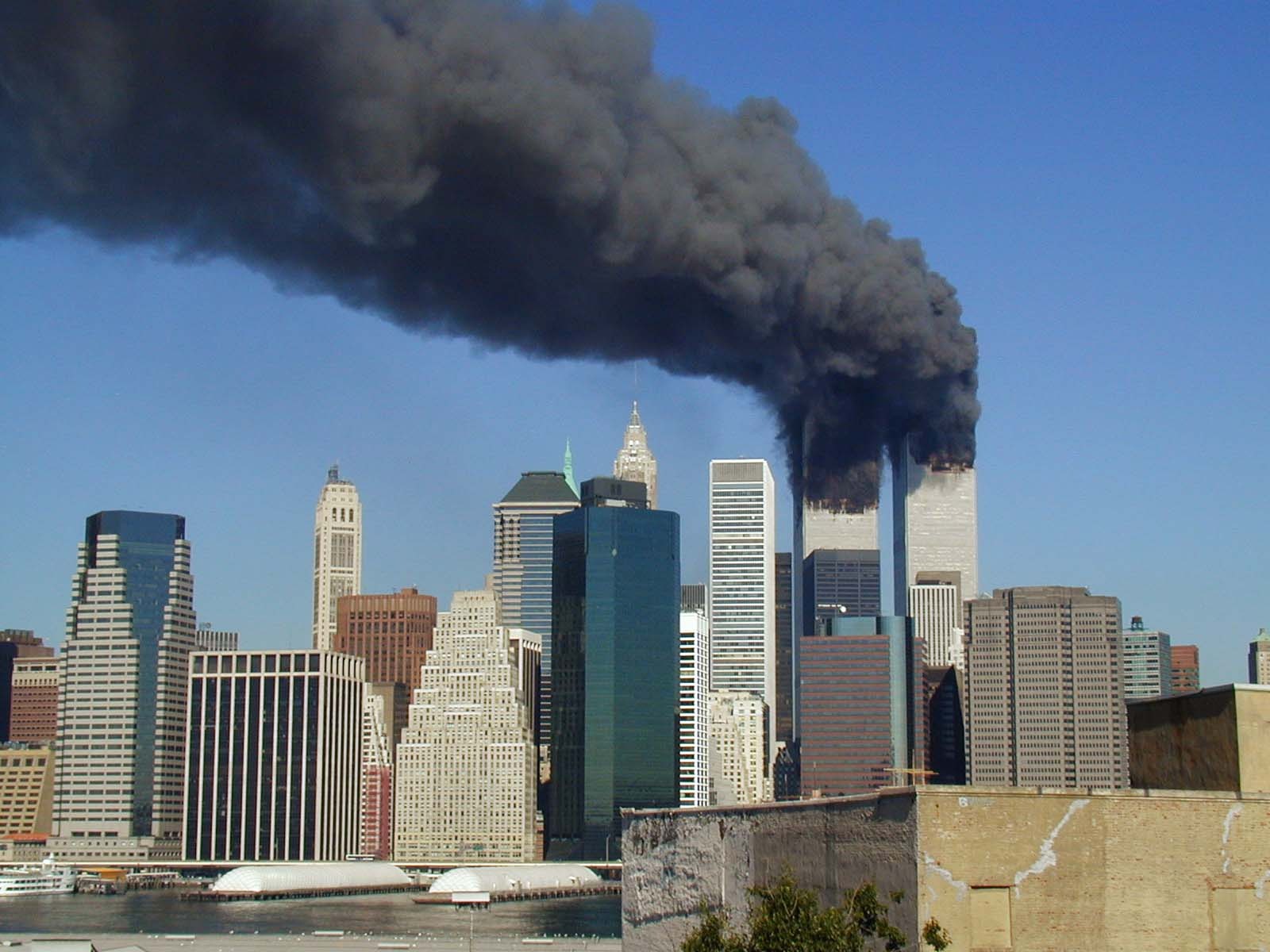
6. Burning towers viewed from Brooklyn
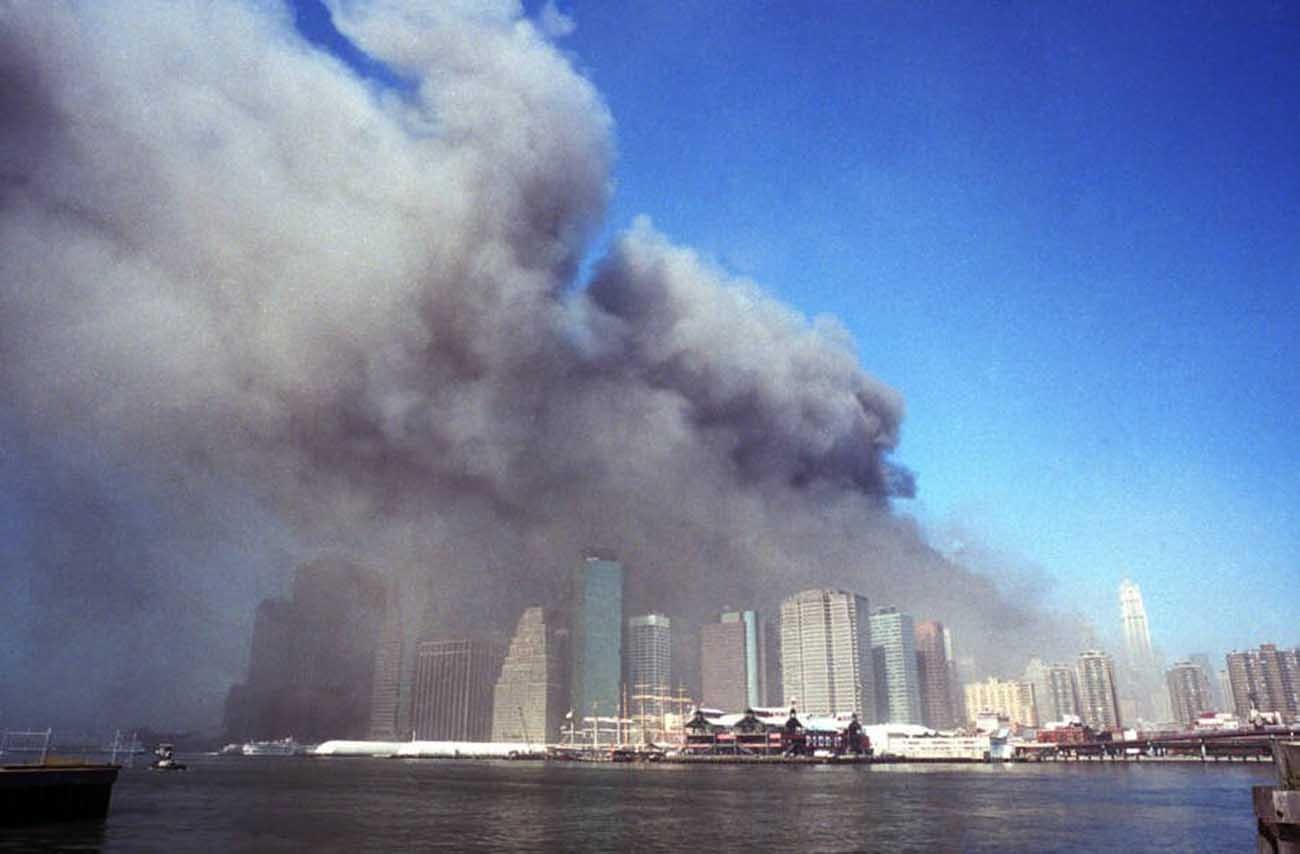
7. New Yorkers watching the WTC in flames
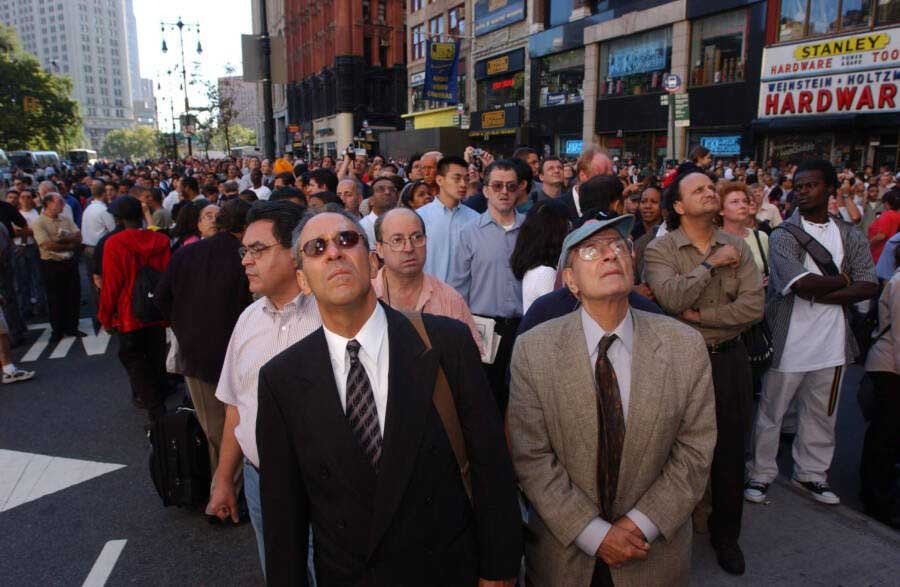
8. Towers collapse seen from New Jersey
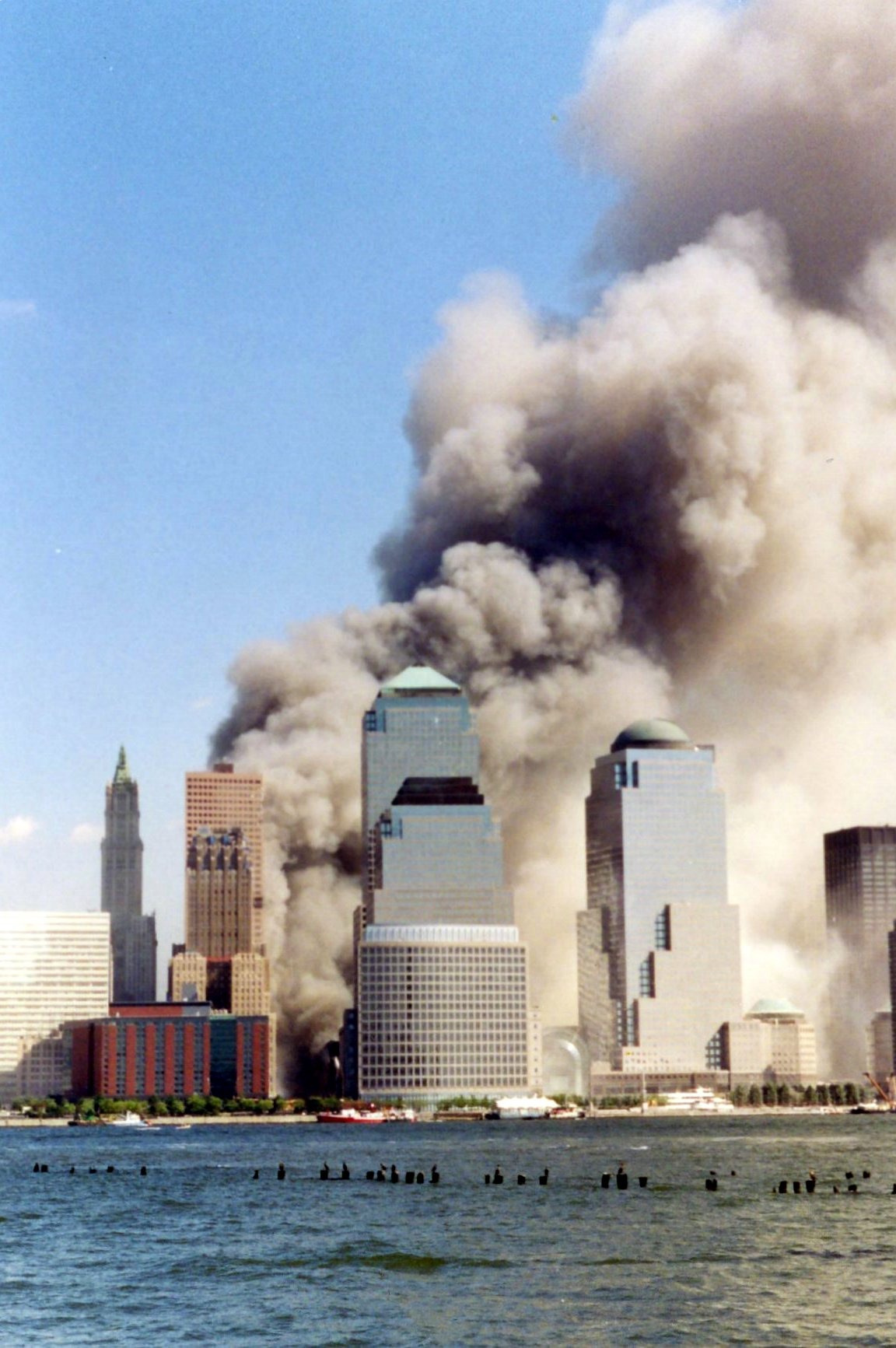
9. South Tower’s north face after Flight 175 impact
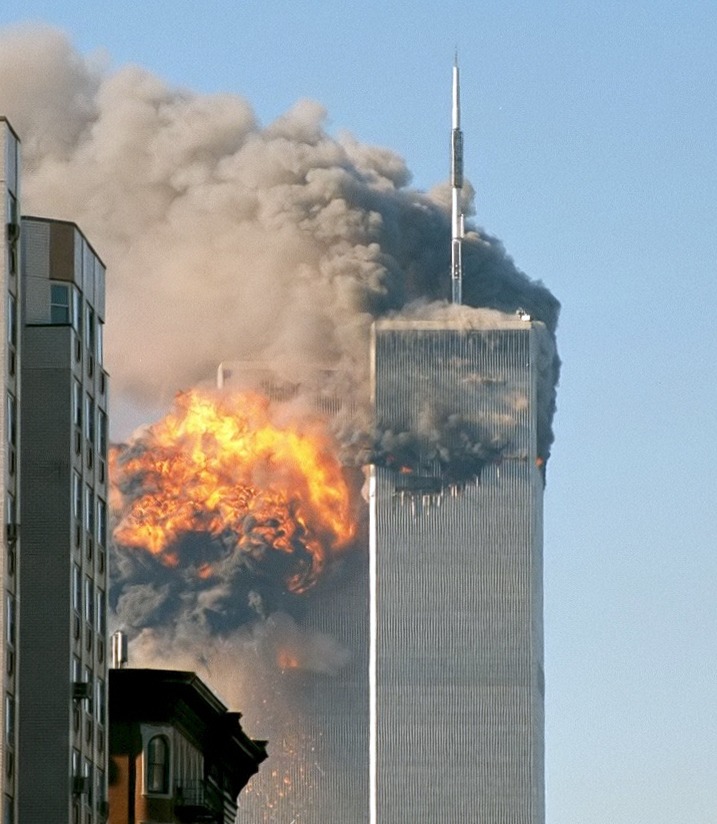
10. Remains of WTC buildings on September 17
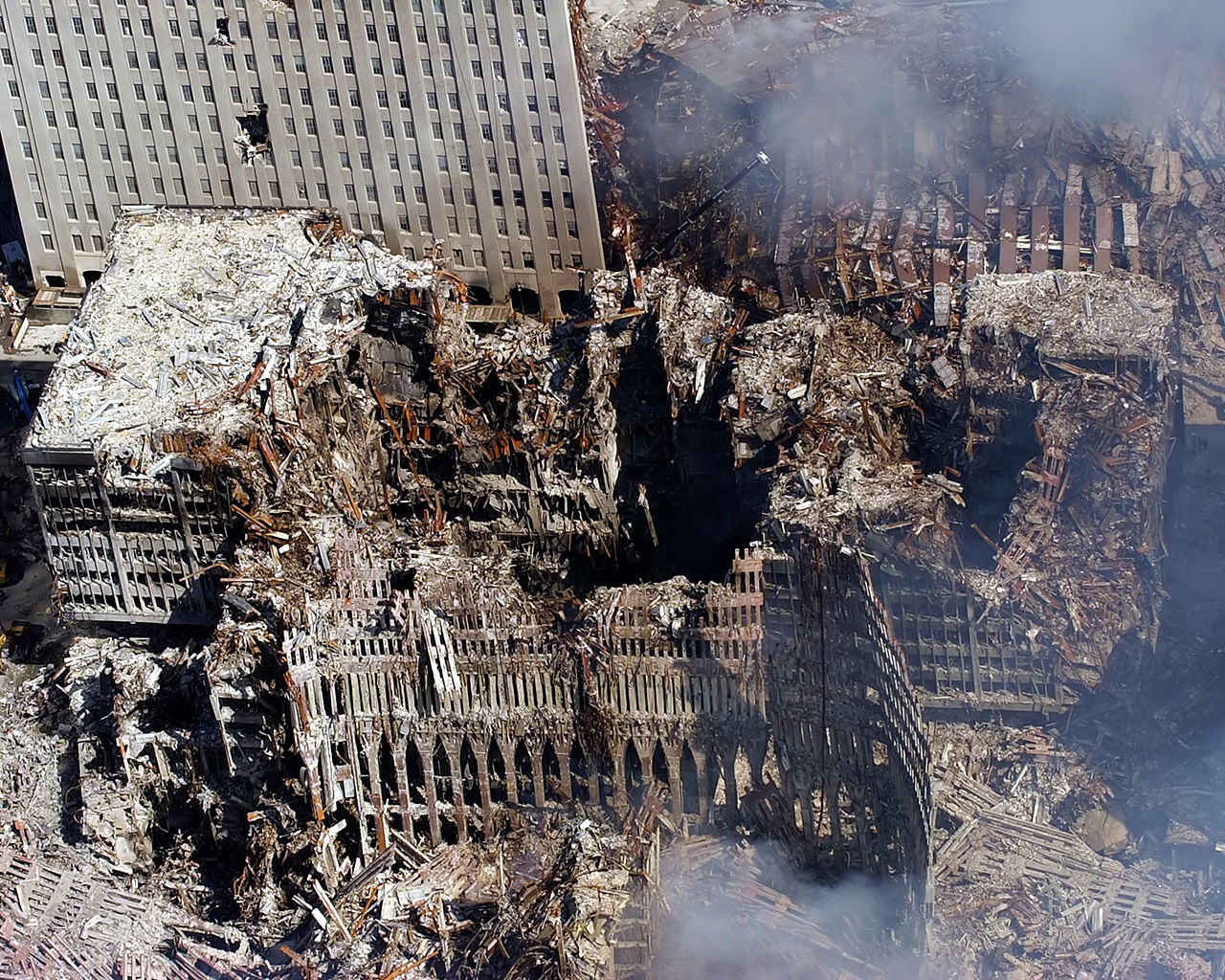
11. Rescue workers at Ground Zero
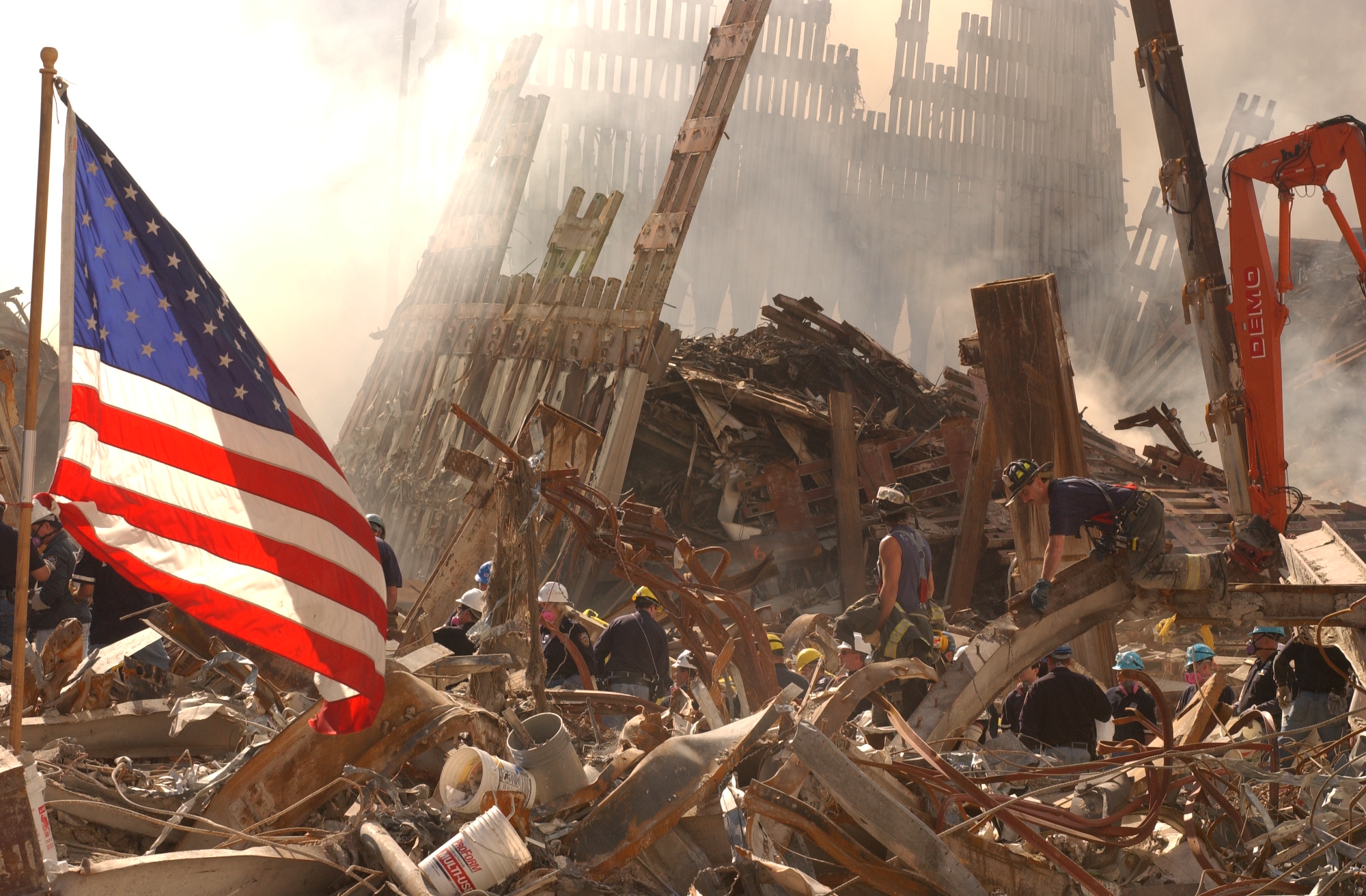
12. Onlookers stare in disbelief at WTC inferno
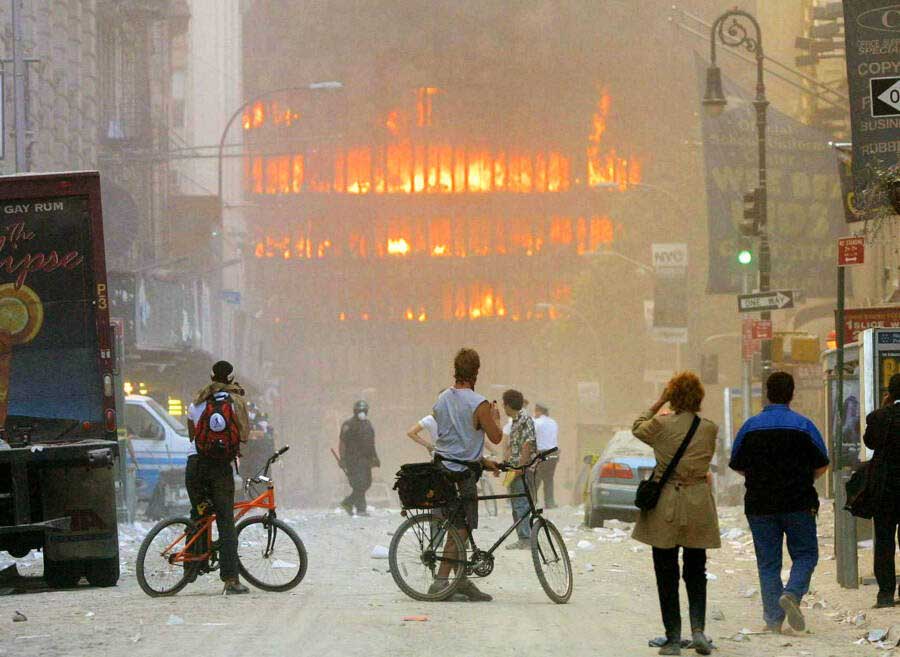
13. Firefighter emerging from WTC debris and smoke
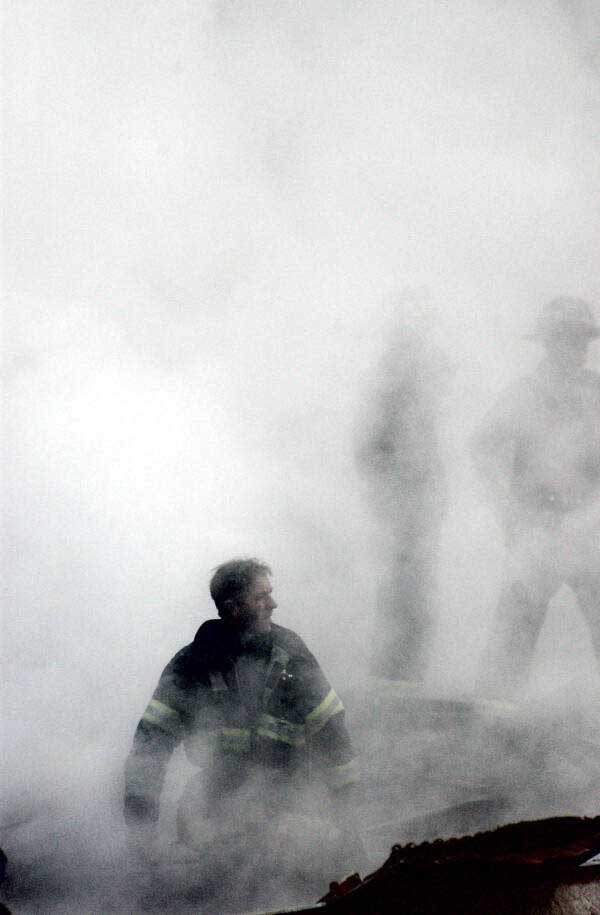
14. Firefighter calling for more rescuers
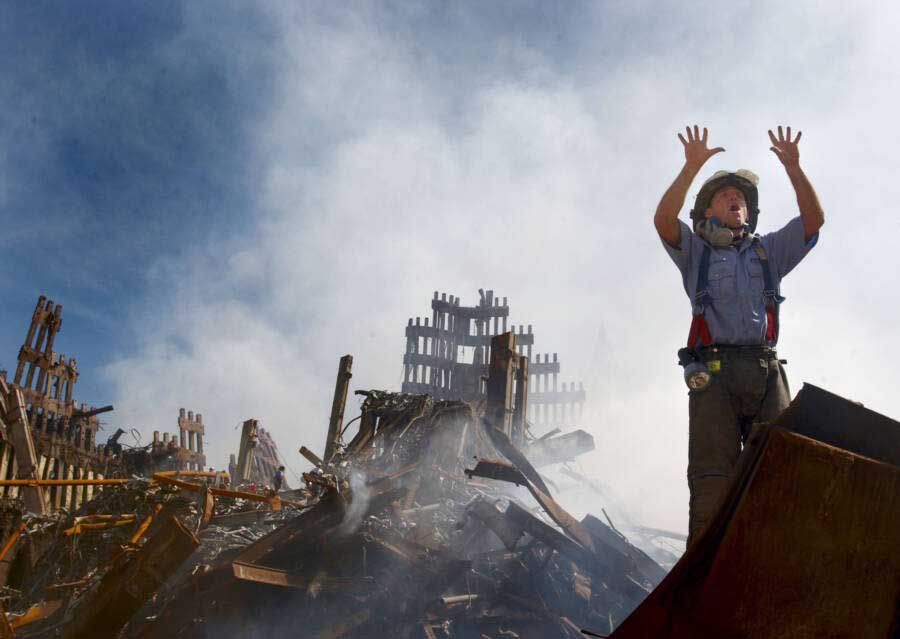
15. Firefighter gazing at tower rubble post-collapse
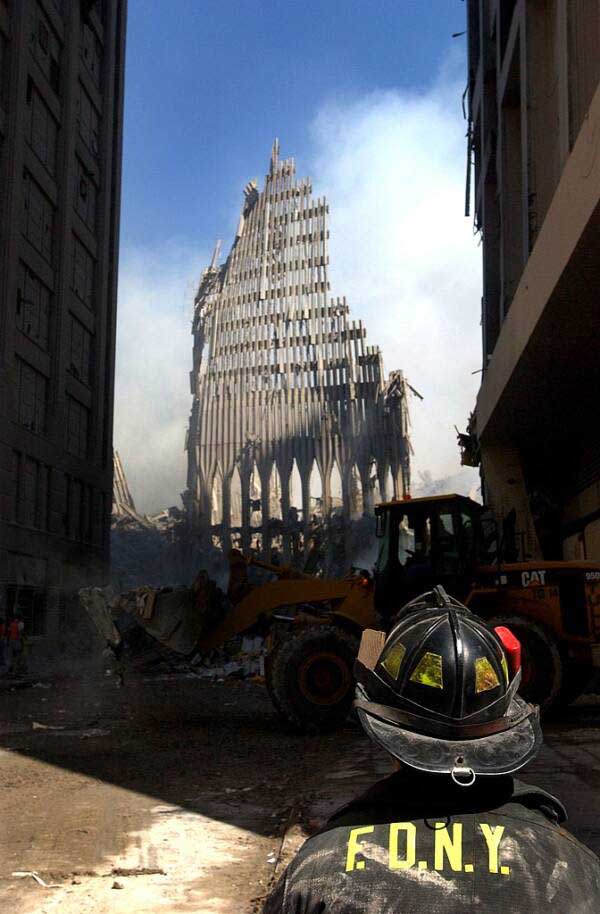
16. US Coast Guard observing towers after attack
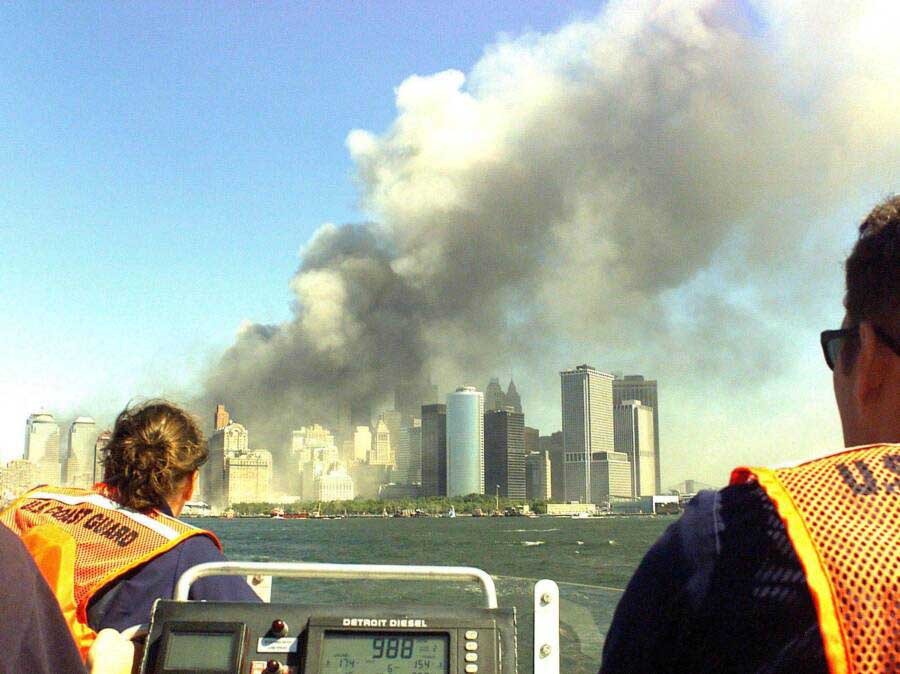
17. Man jumps from World Trade Center
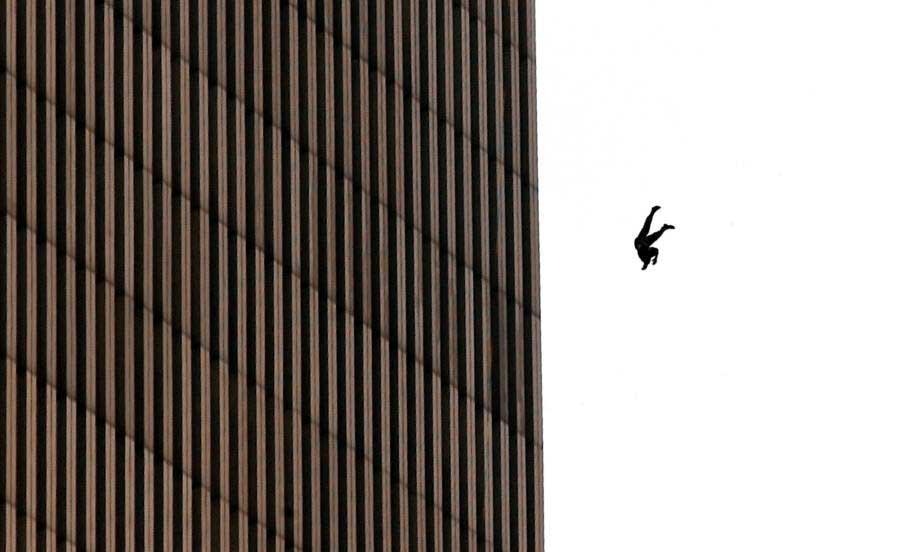
18. Twin Towers collapse in 56 and 102 minutes
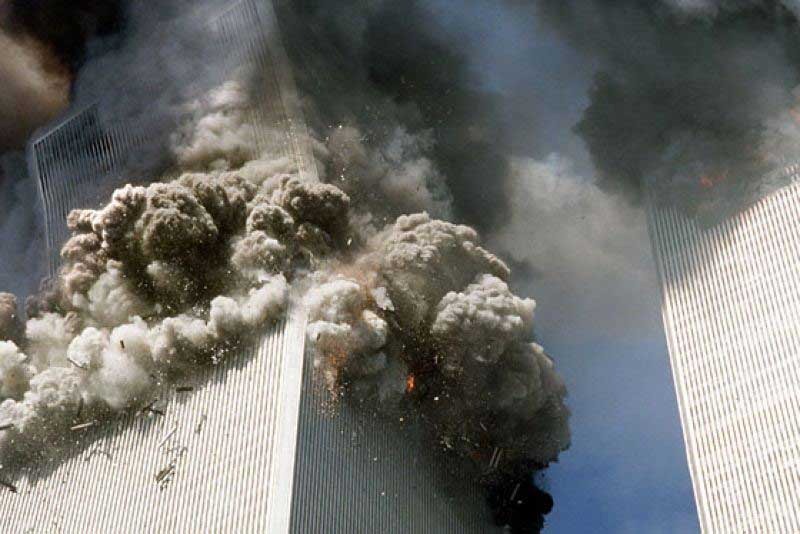
19. 9/11 destruction
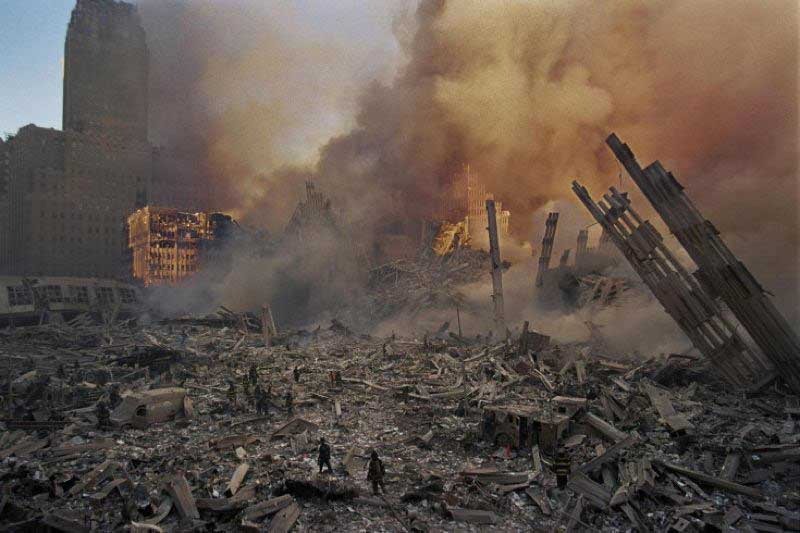
20. Firefighters searching rubble for survivors
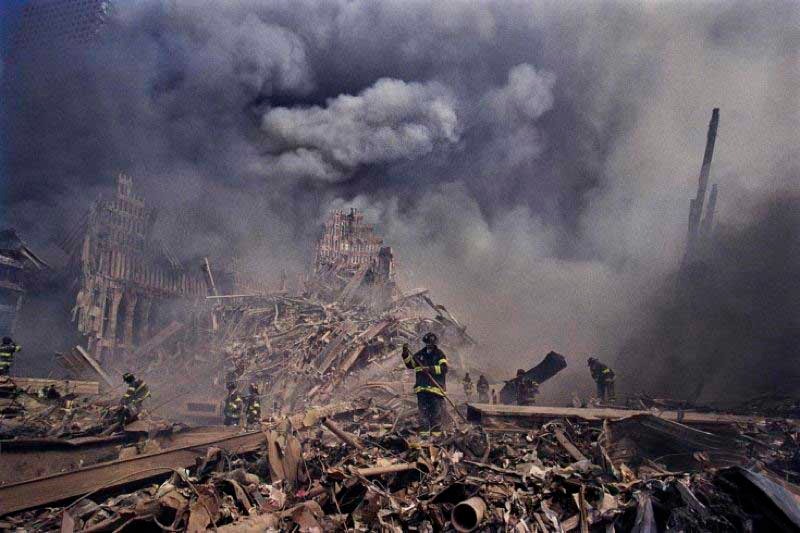
21. Dust-covered survivors after towers collapse
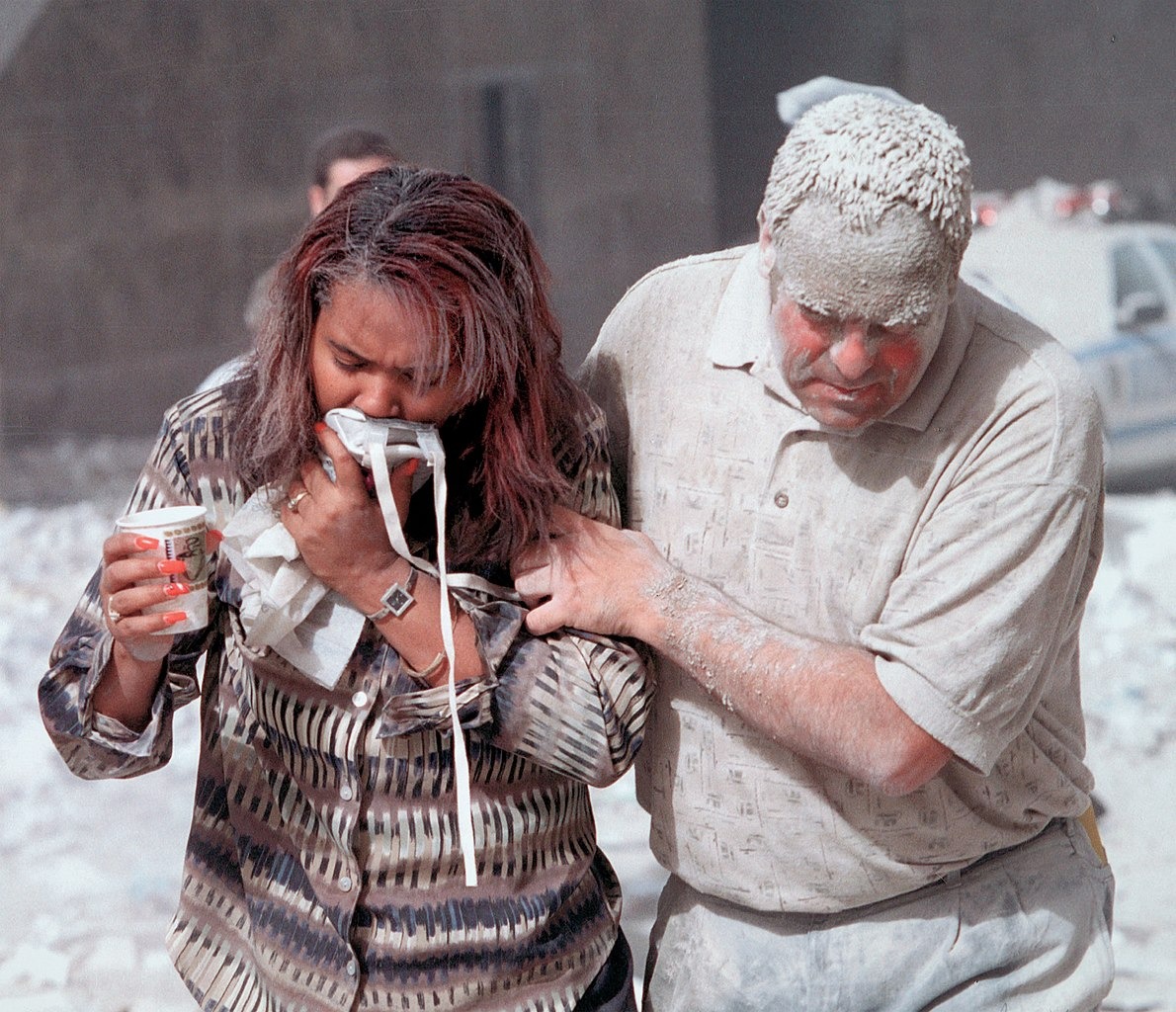
22. Woman fleeing from collapsing towers
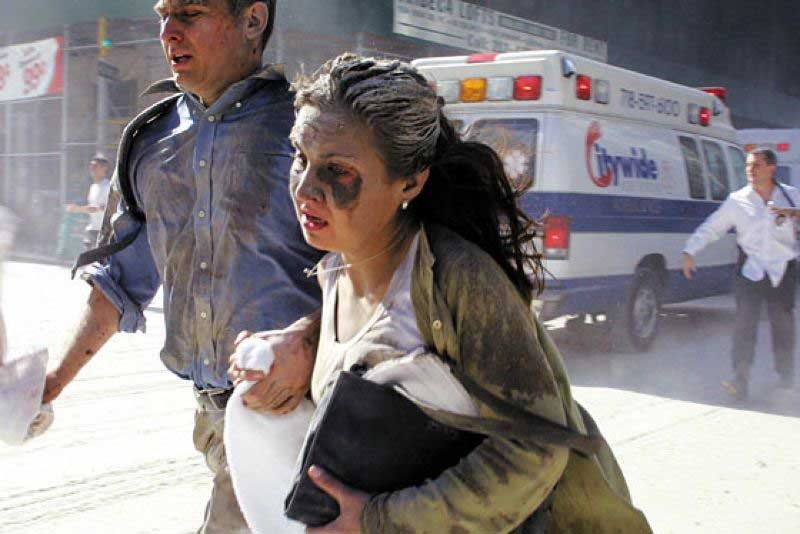
23. Person jumping from WTC flames
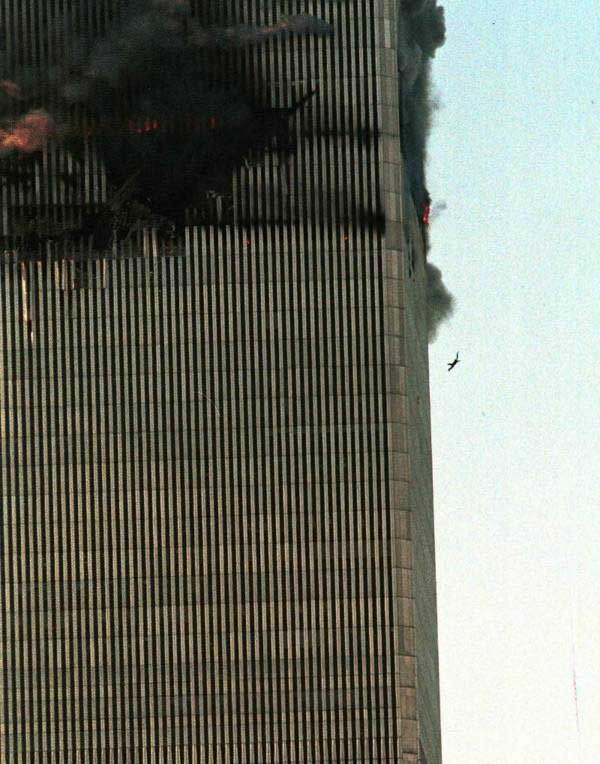
24. Wreckage of 9/11 attacks
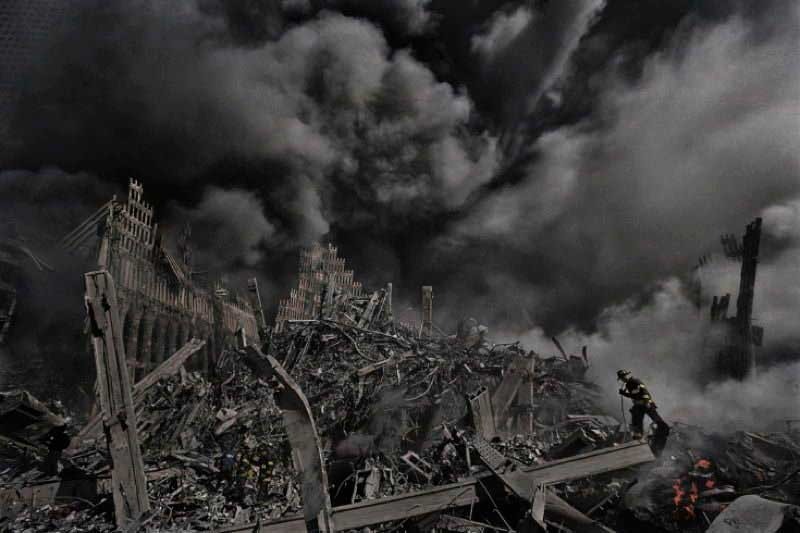
25. President Bush informed about 9/11 attacks
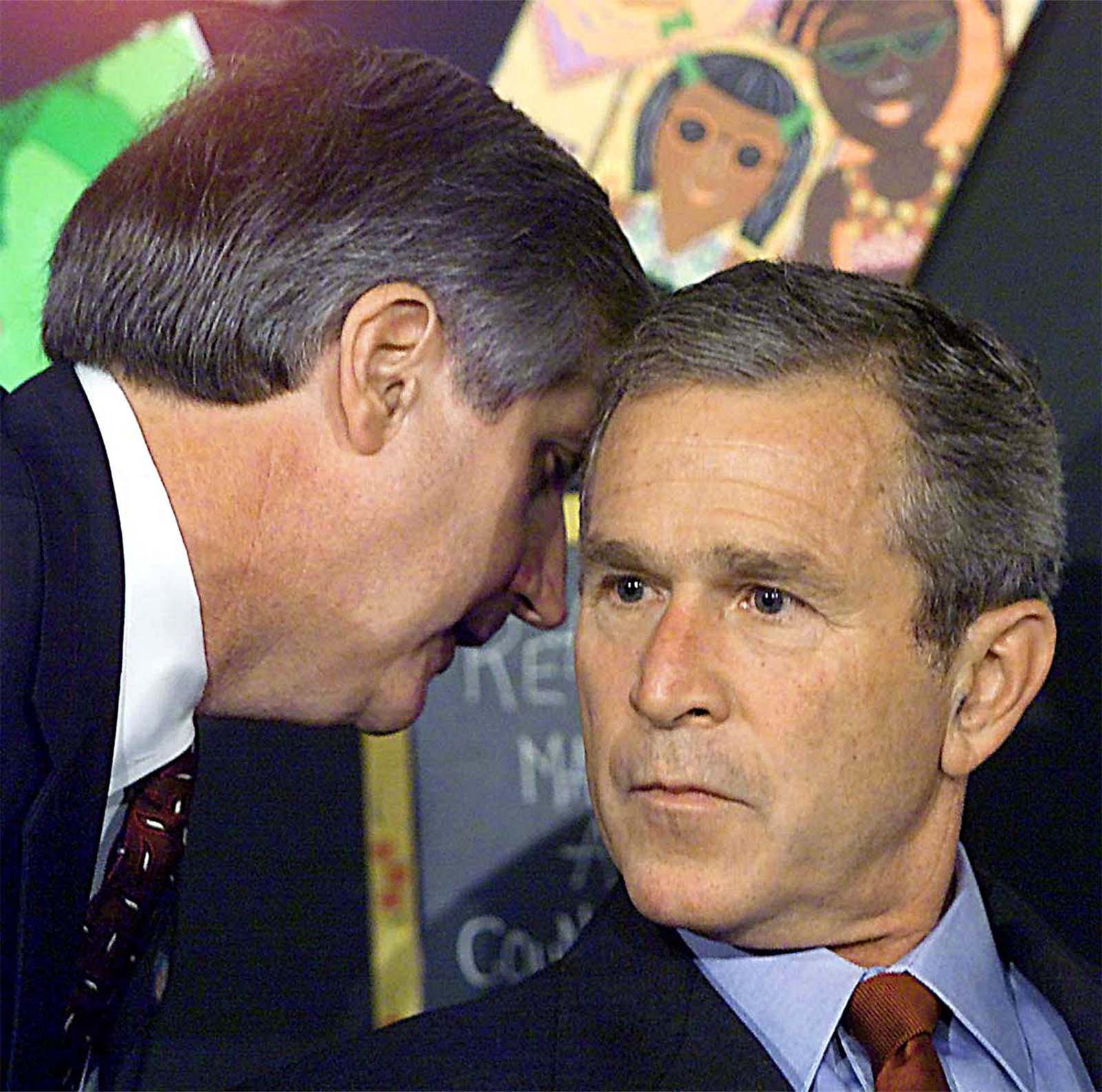
26. Man holds sign with blood type to donate blood
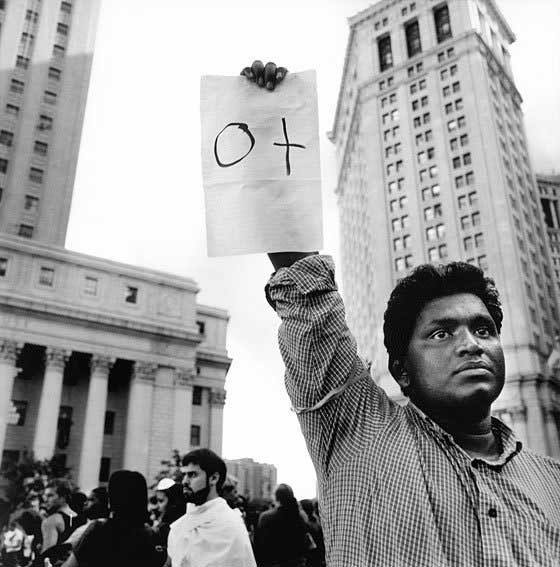
27. Chaotic moment during WTC collapse
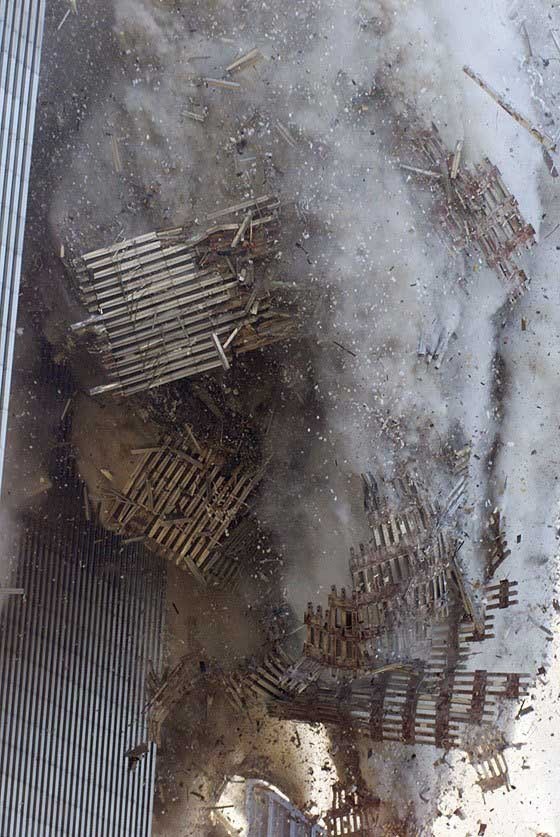
28. Aerial view of Pentagon
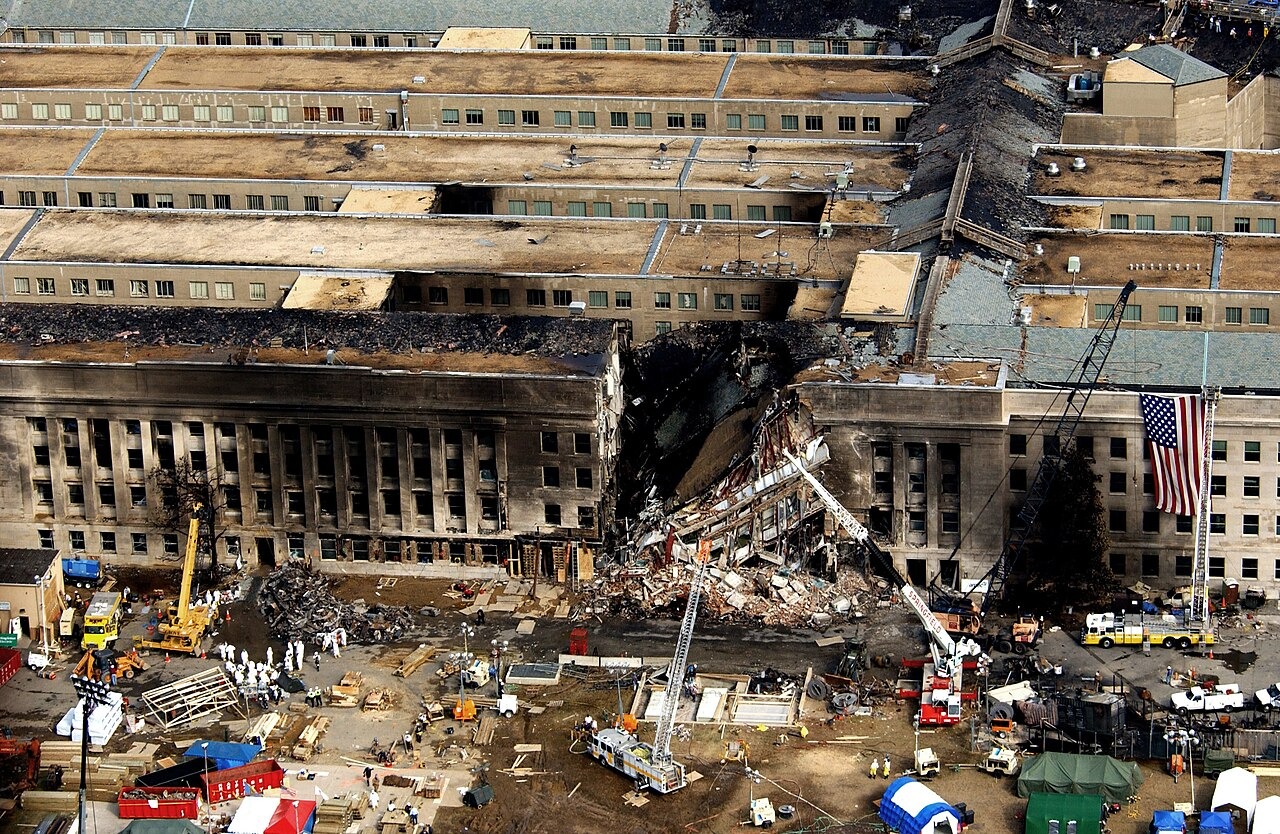
29. Satellite view of NYC on September 12
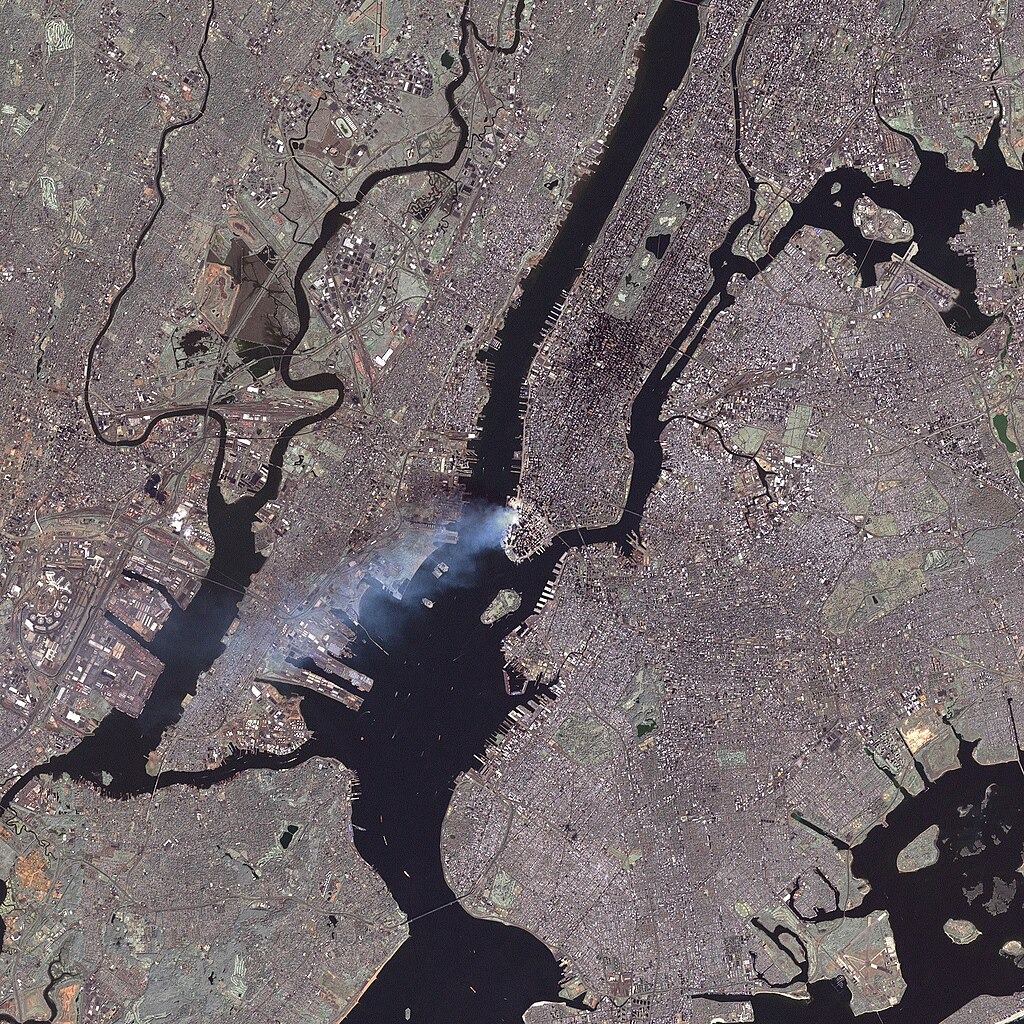
30. Search and rescue teams at Ground Zero on September 13
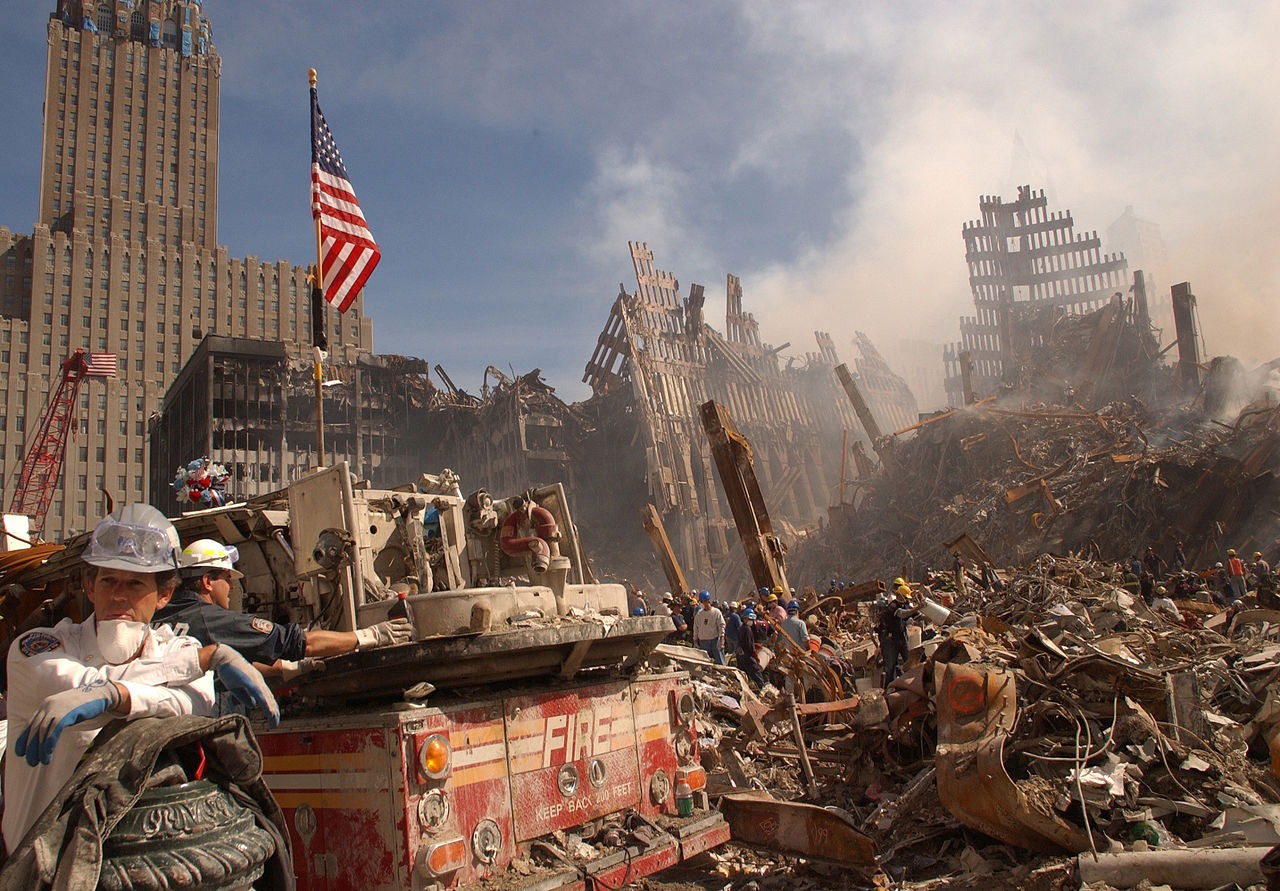
31. FDNY members carrying injured firefighter Al Fuentes
